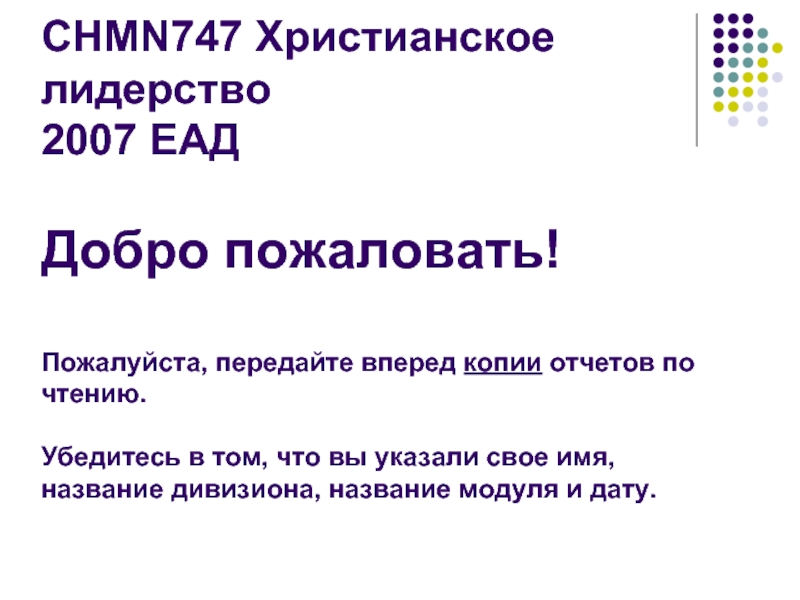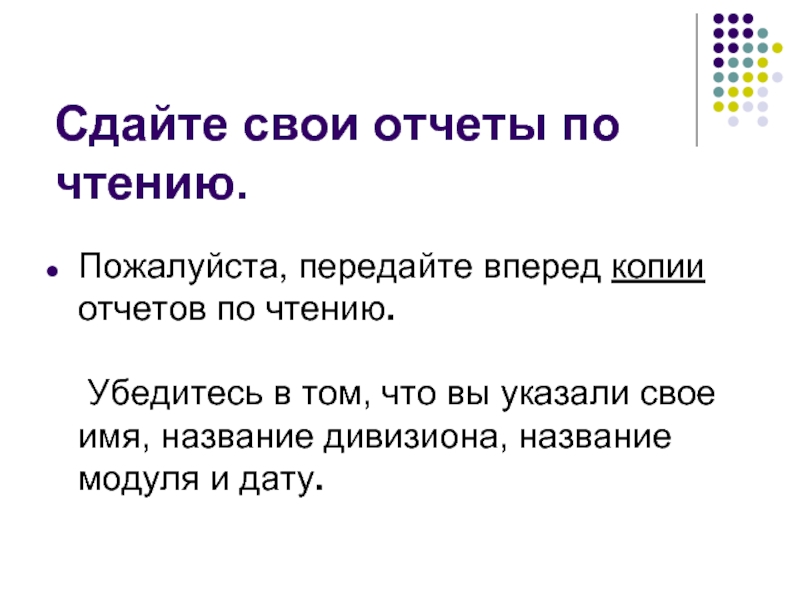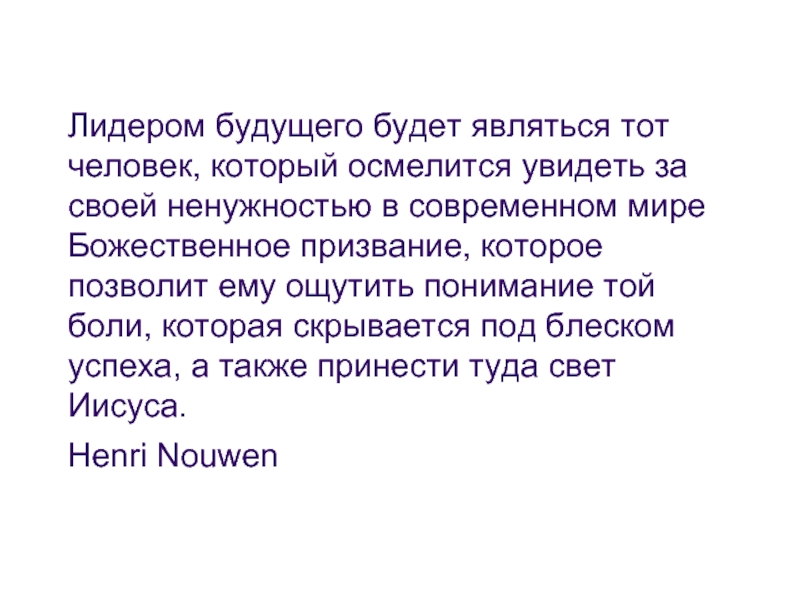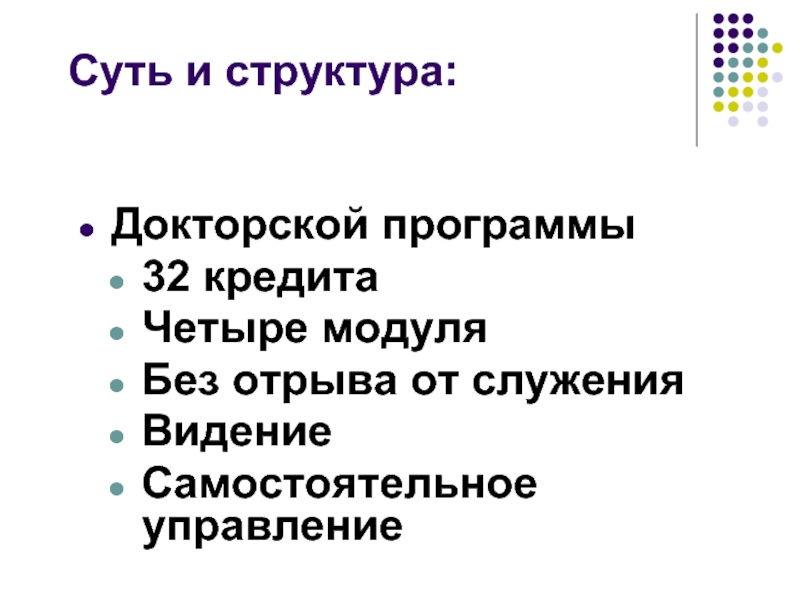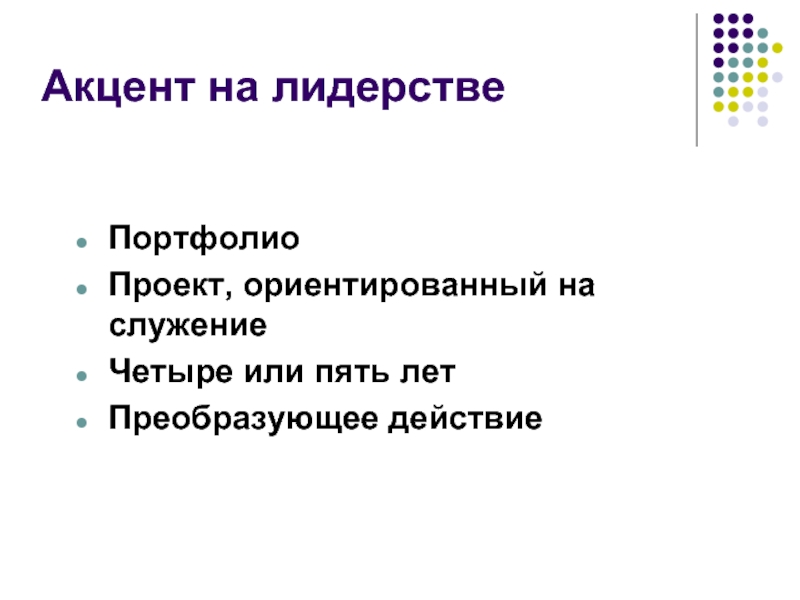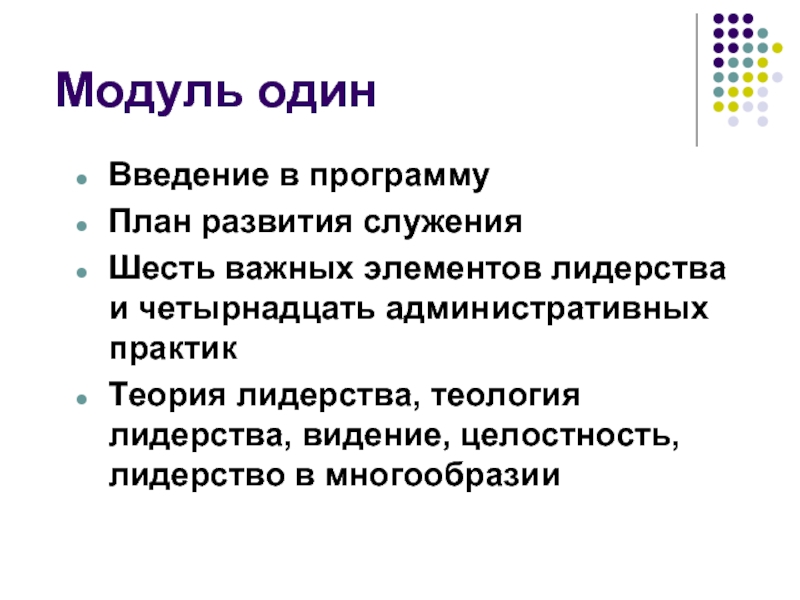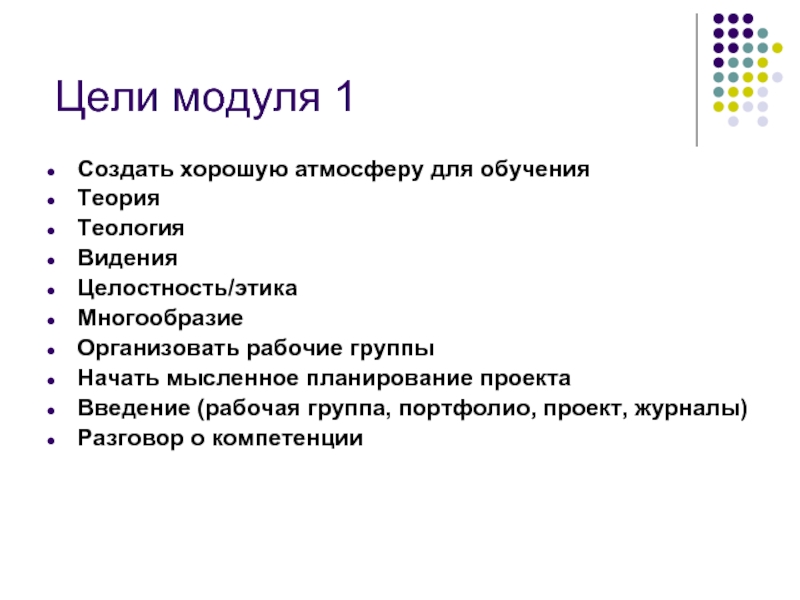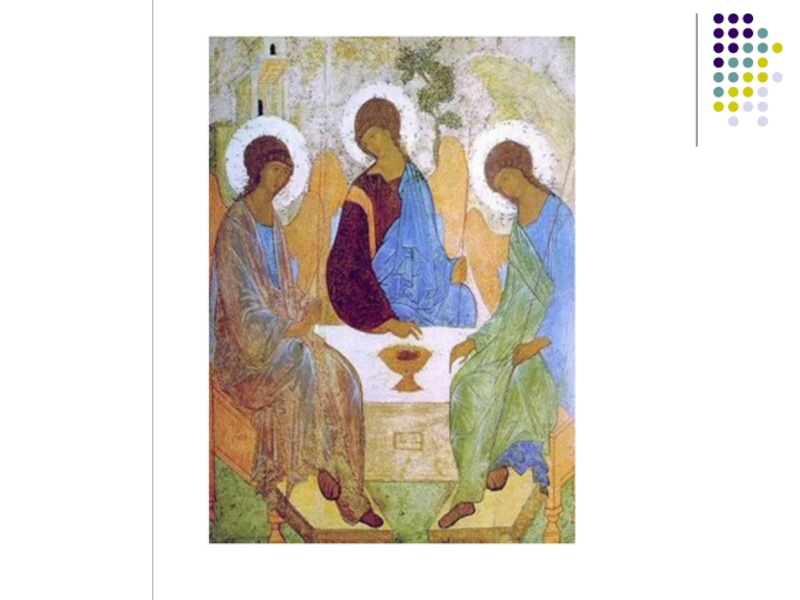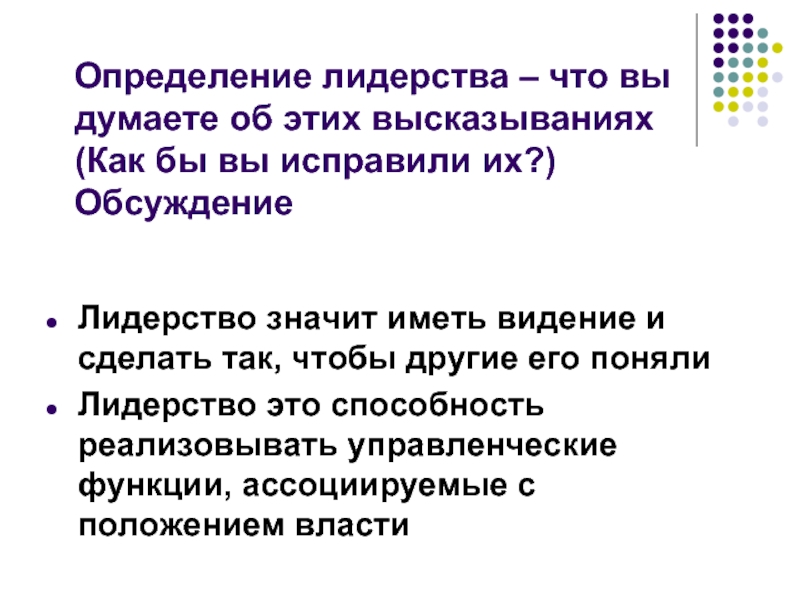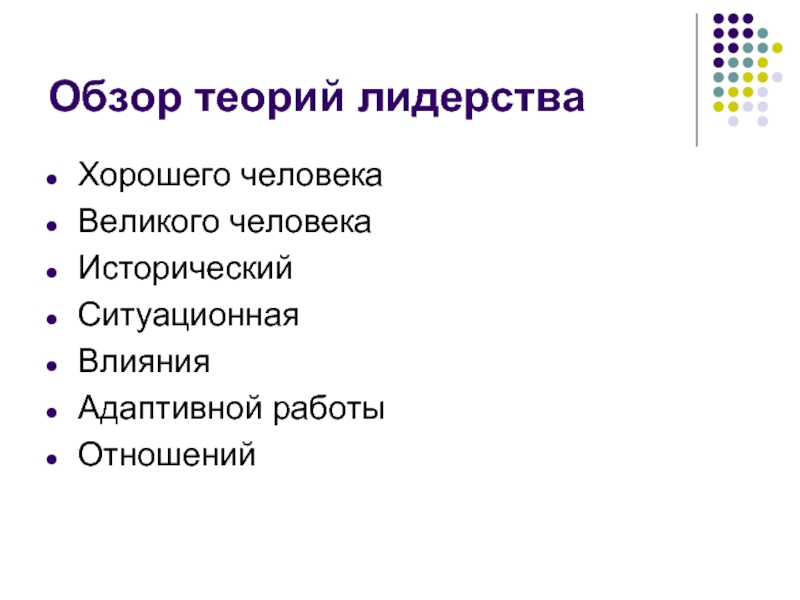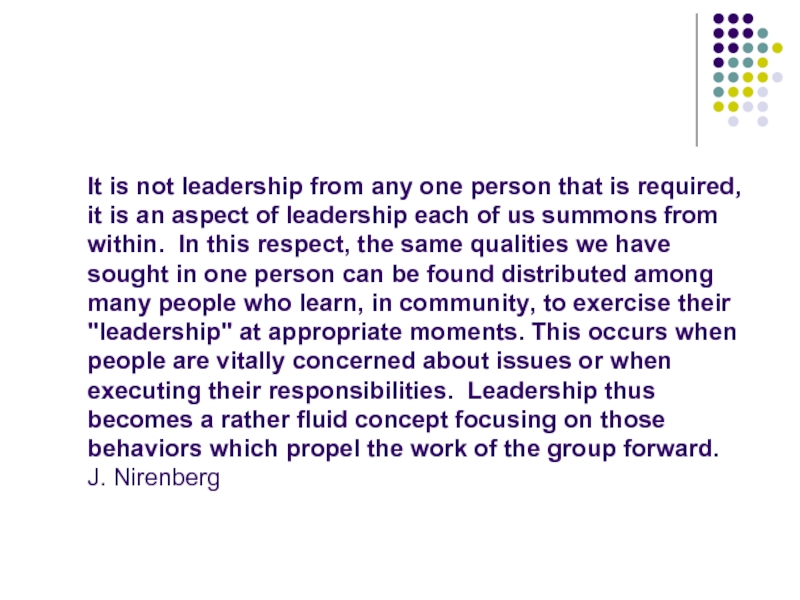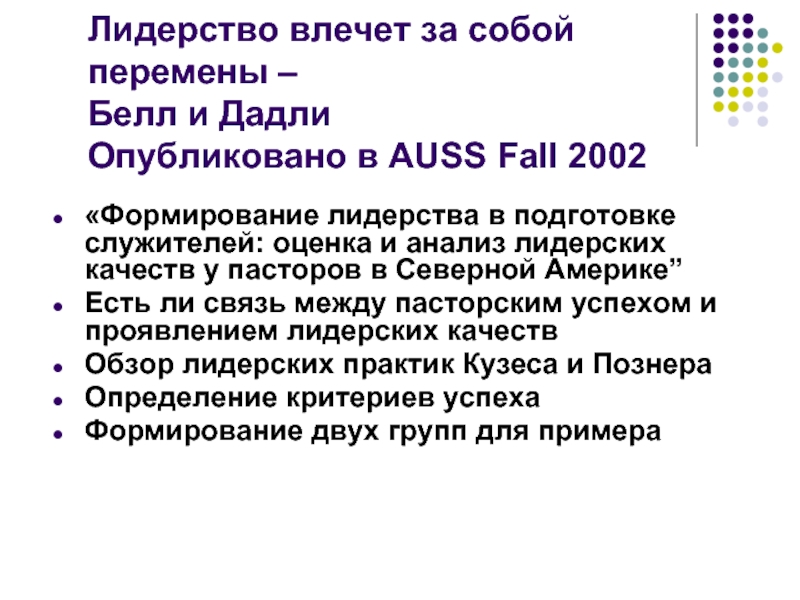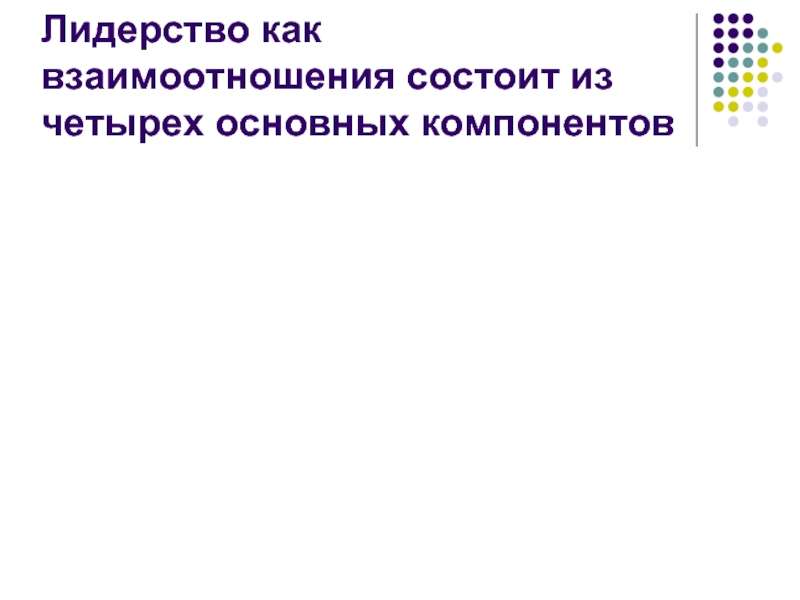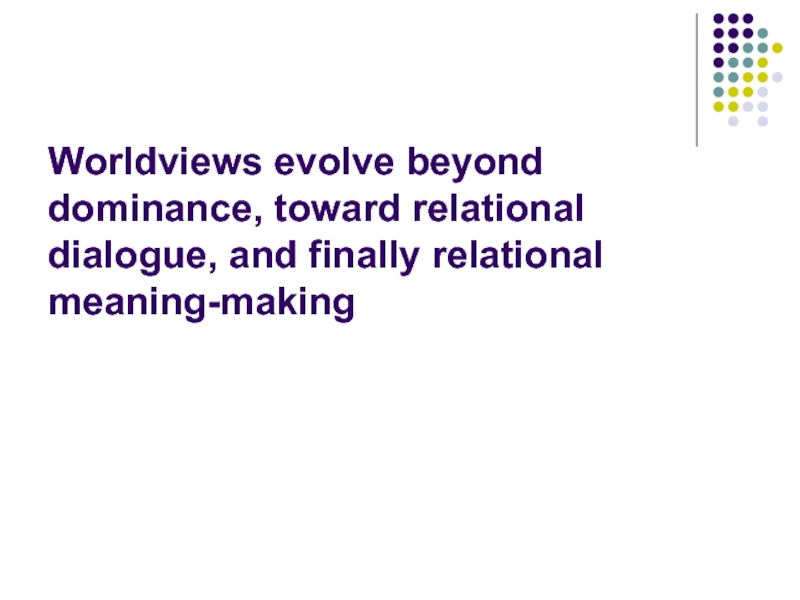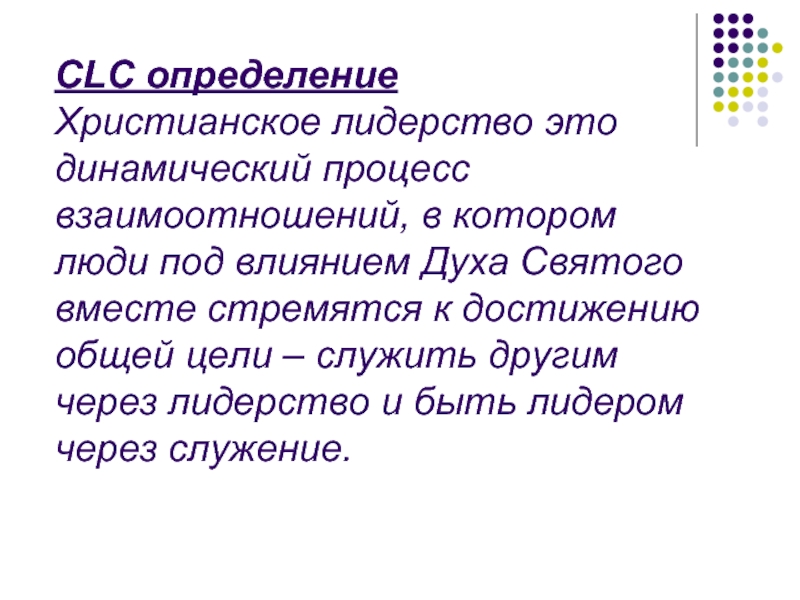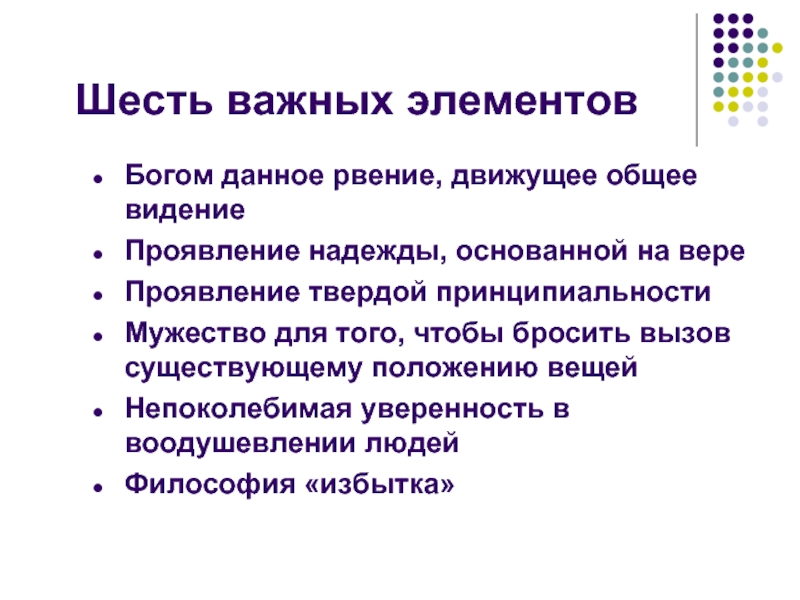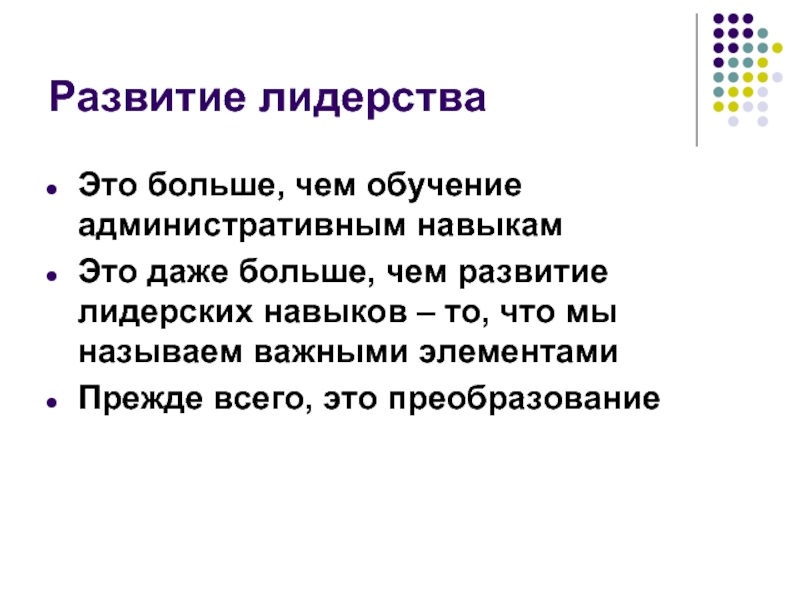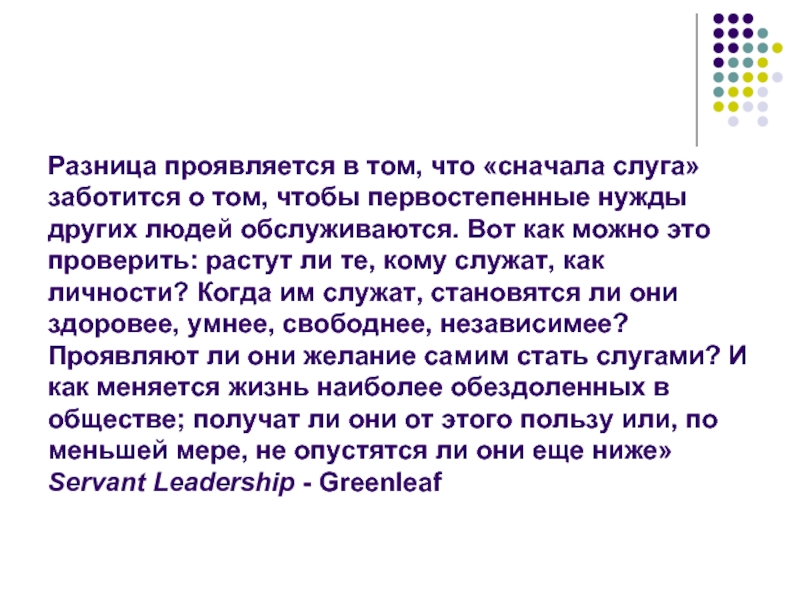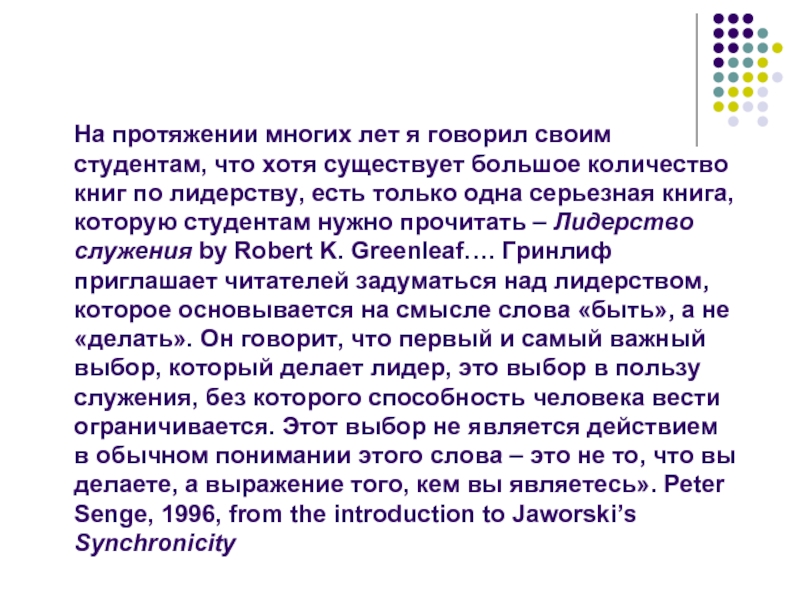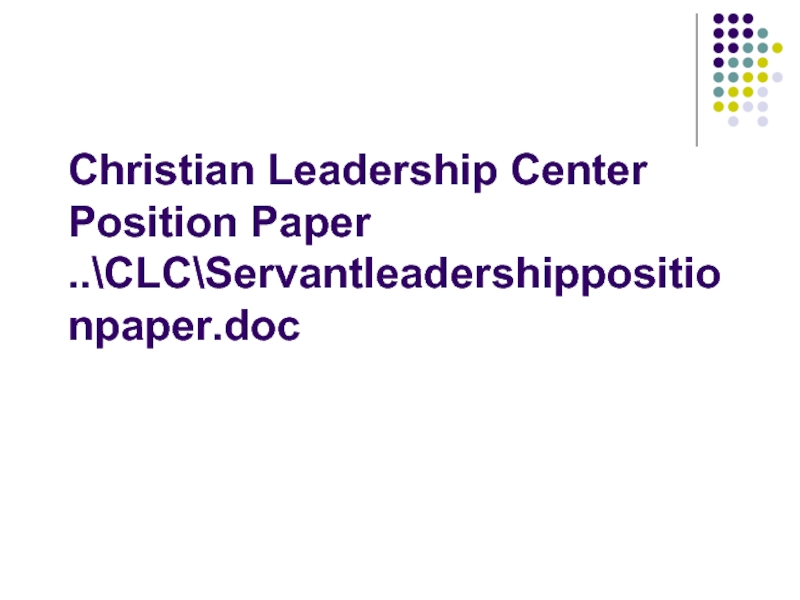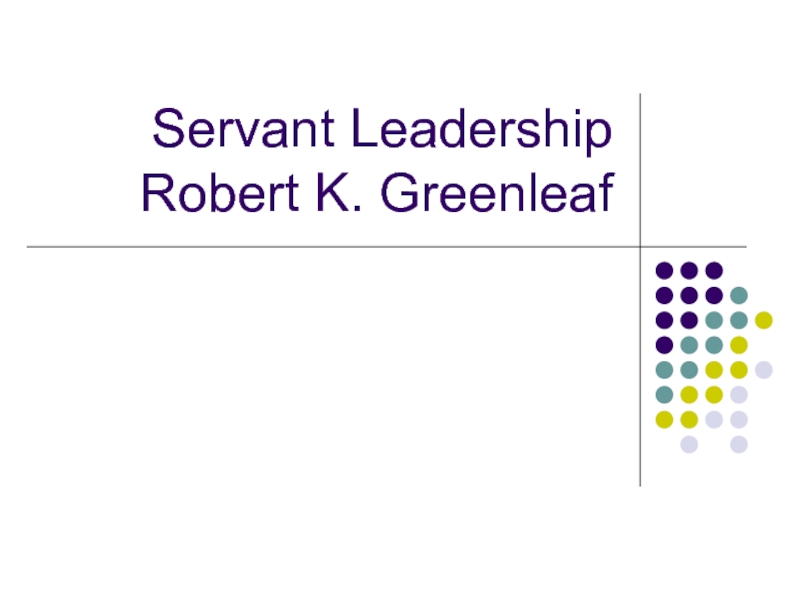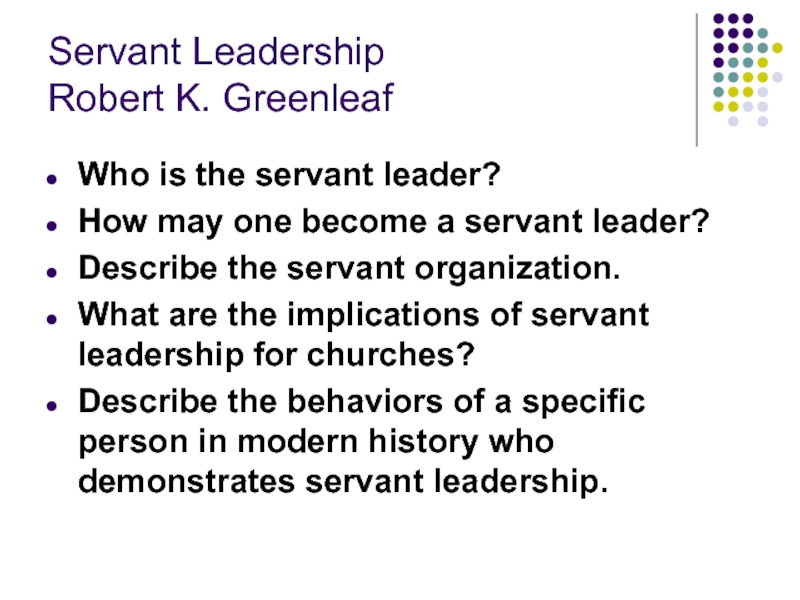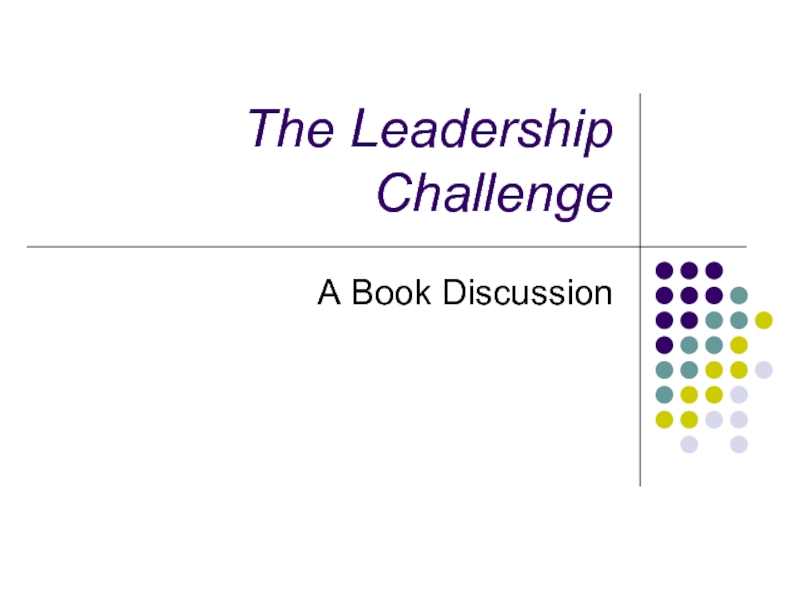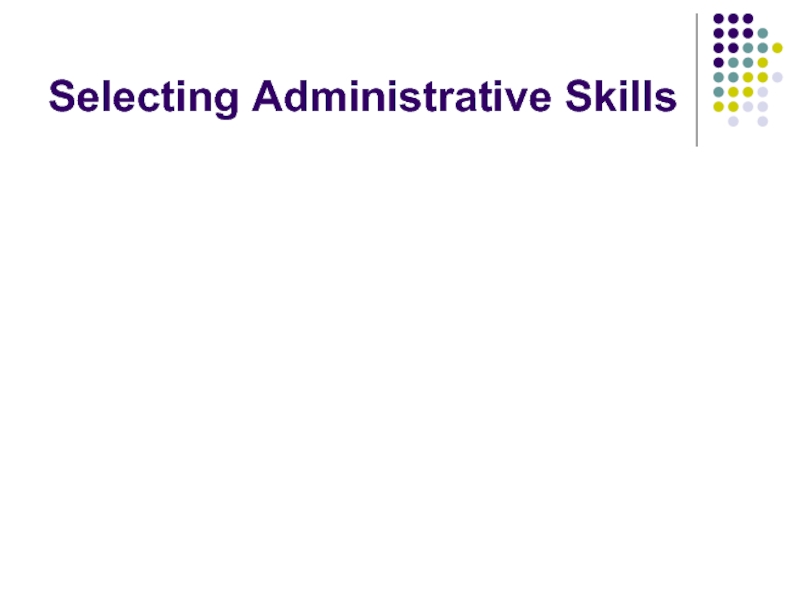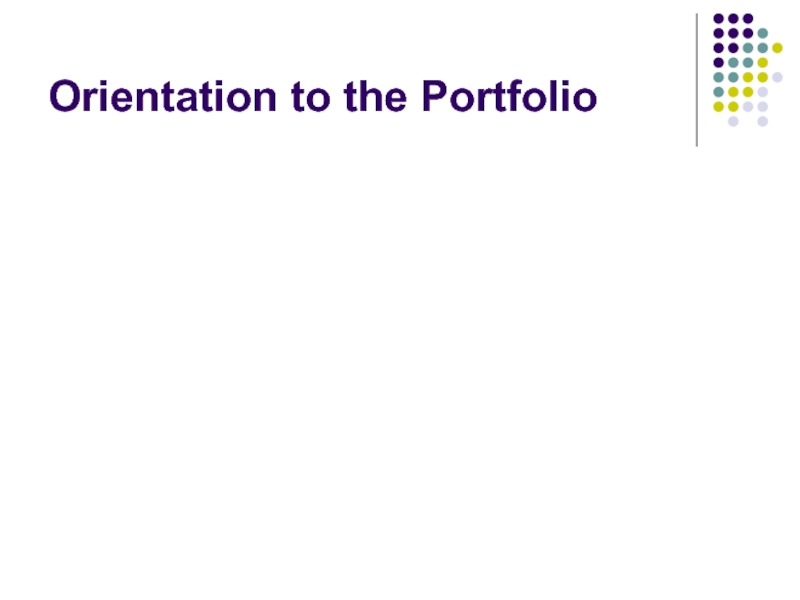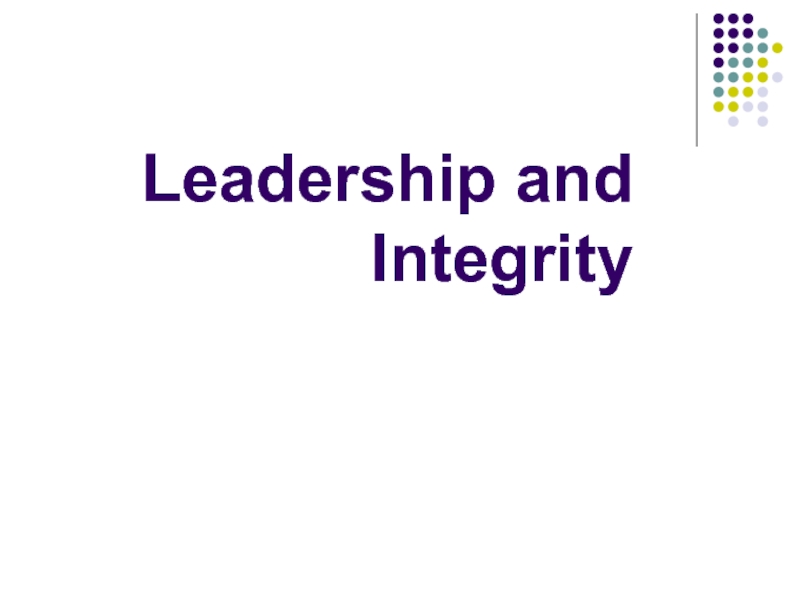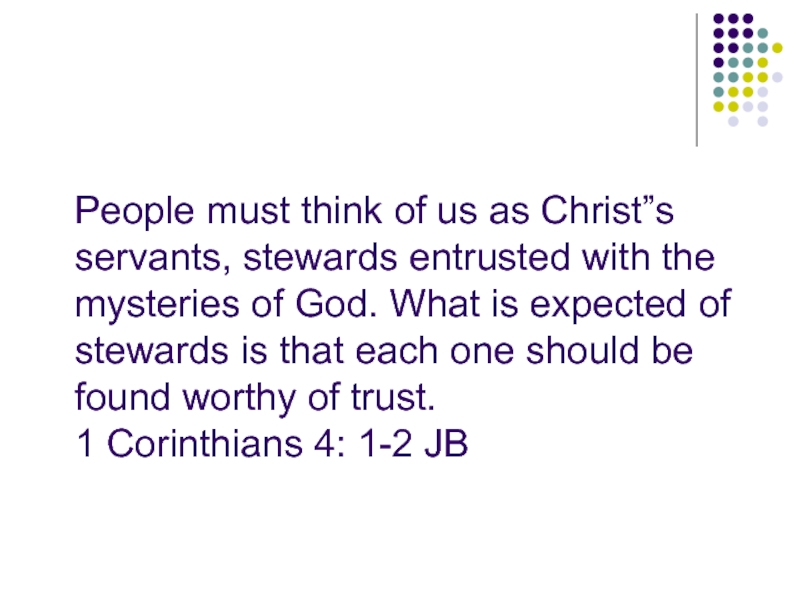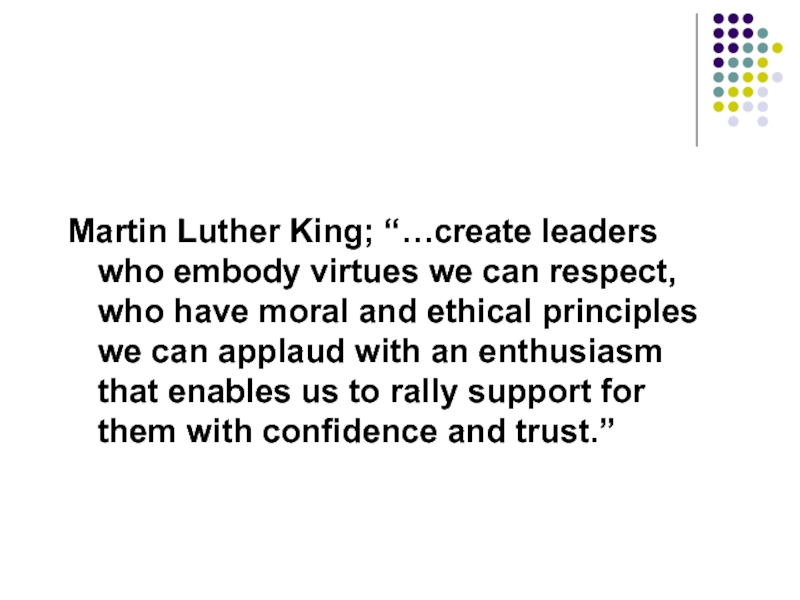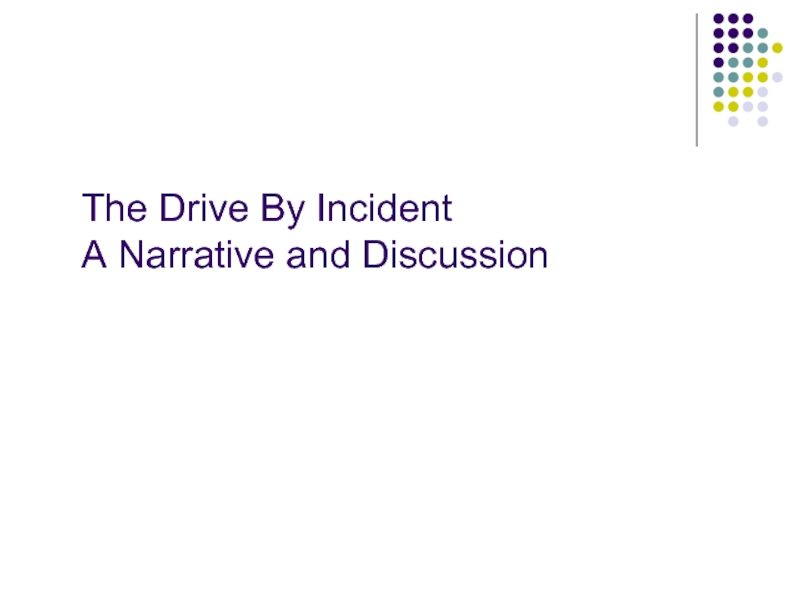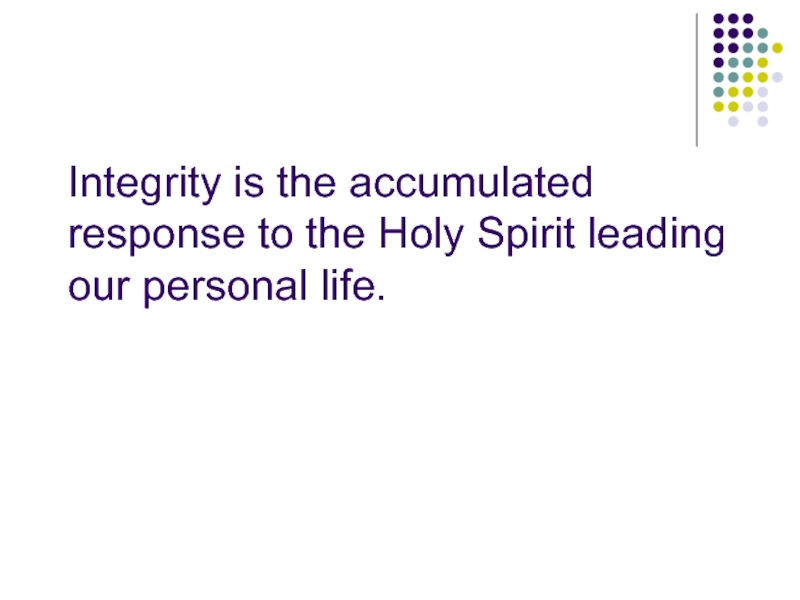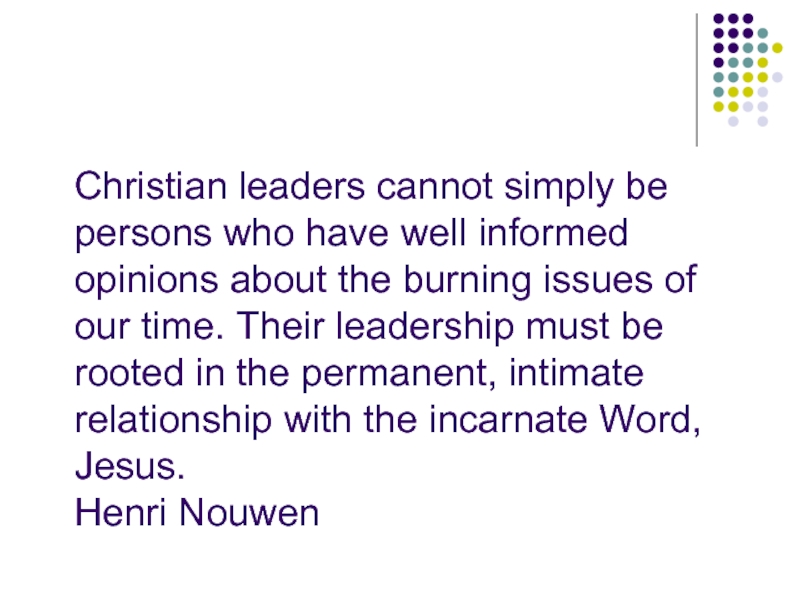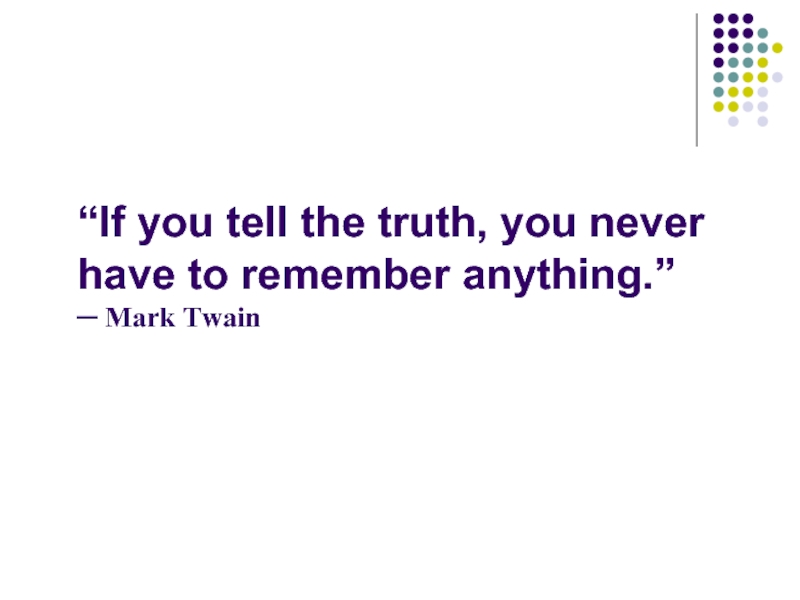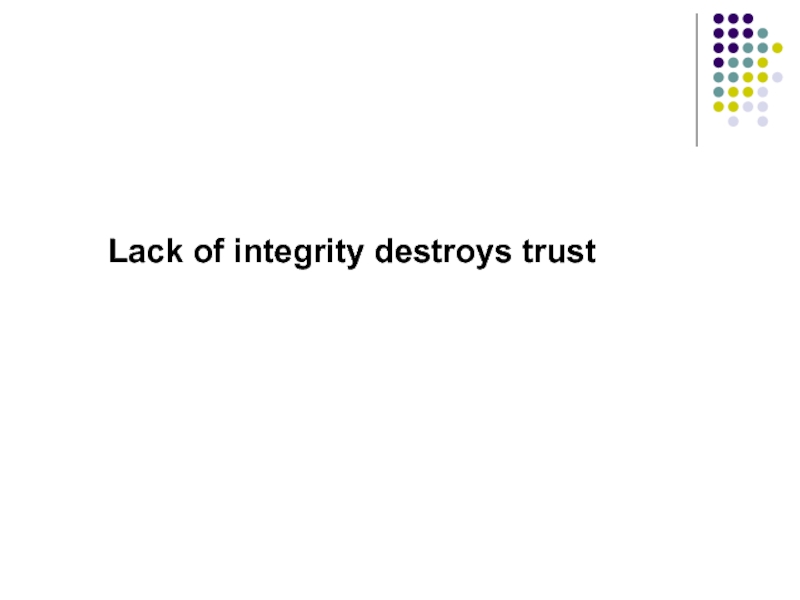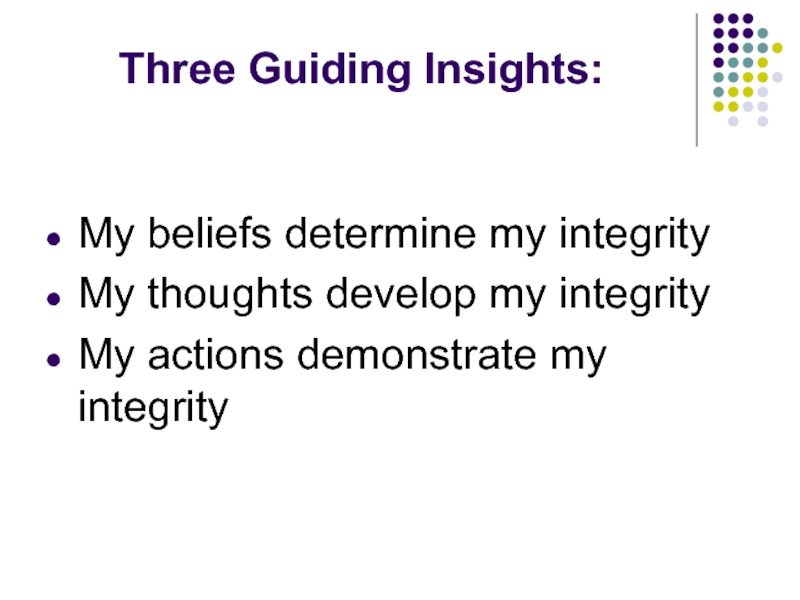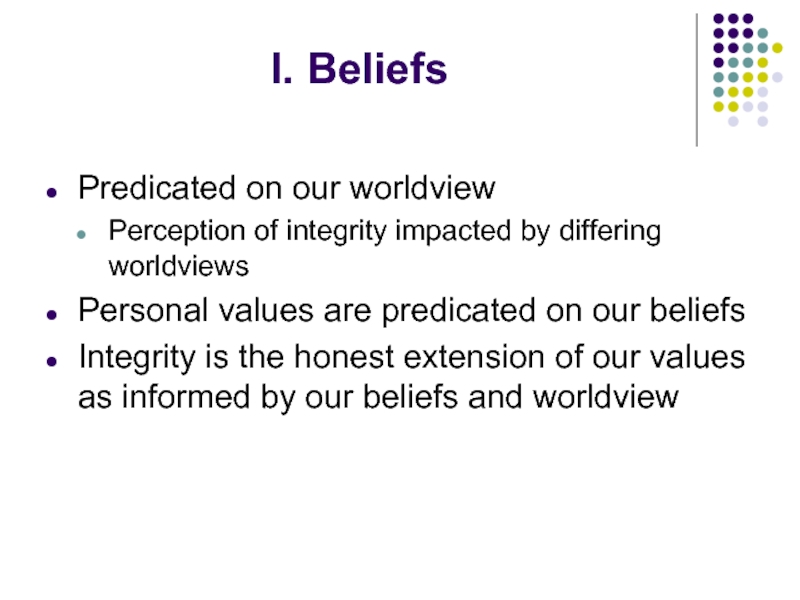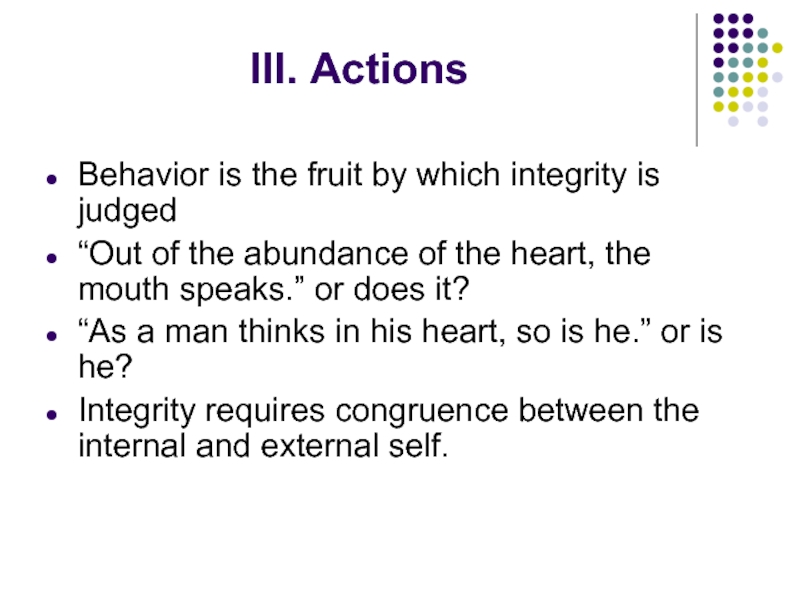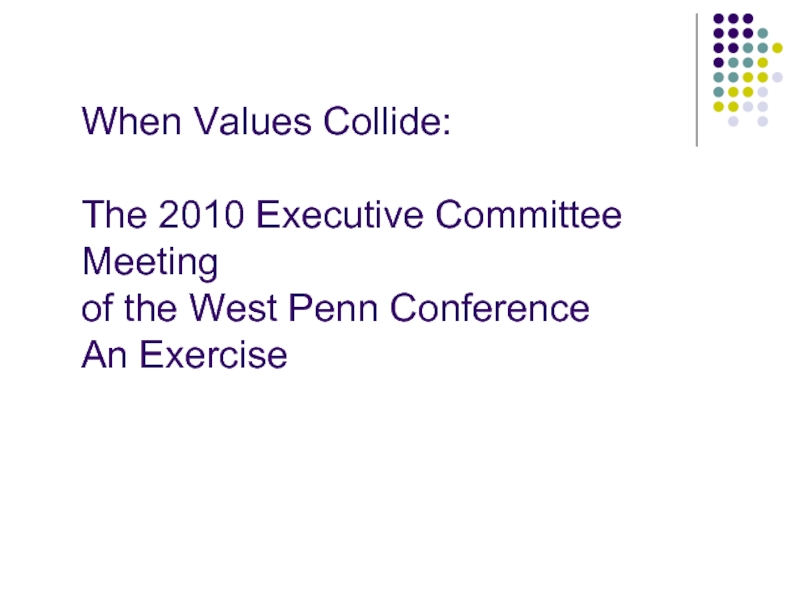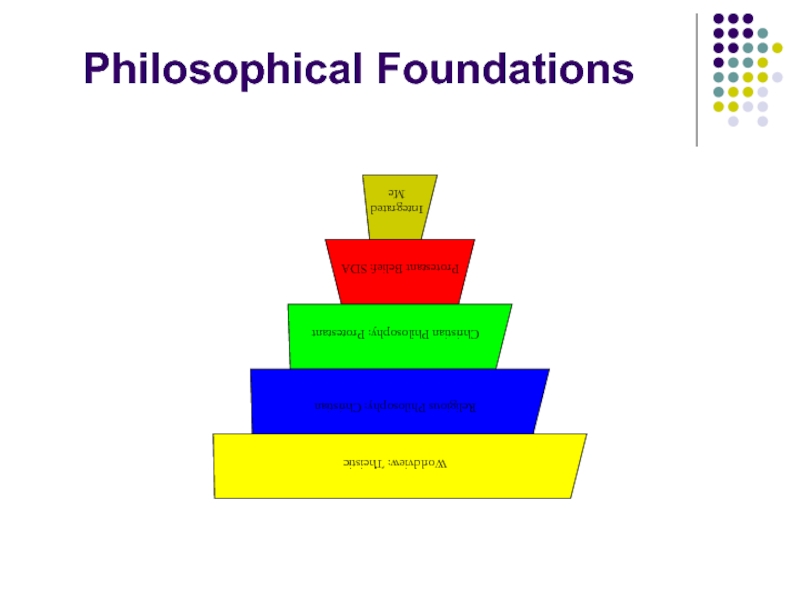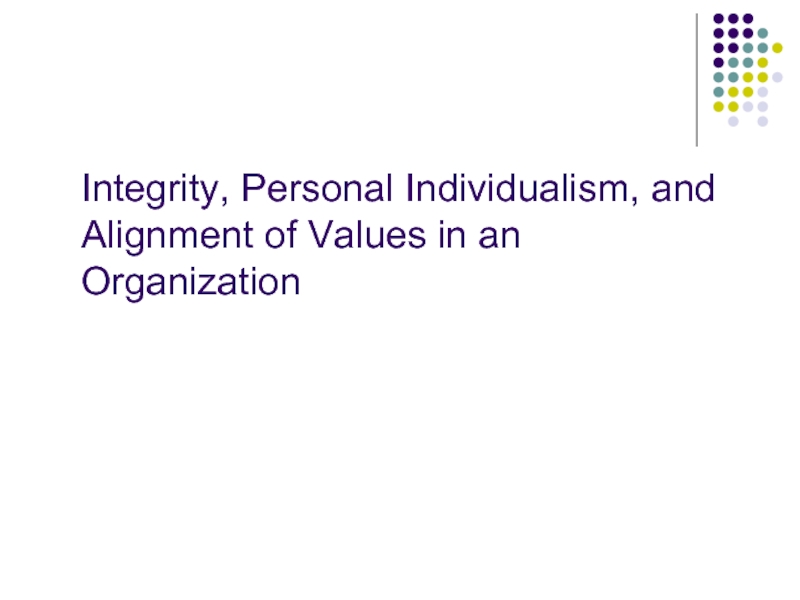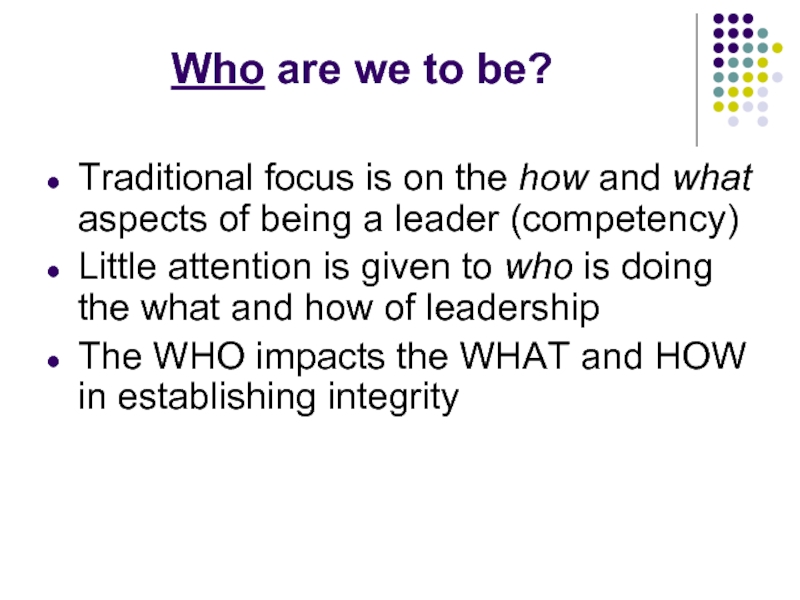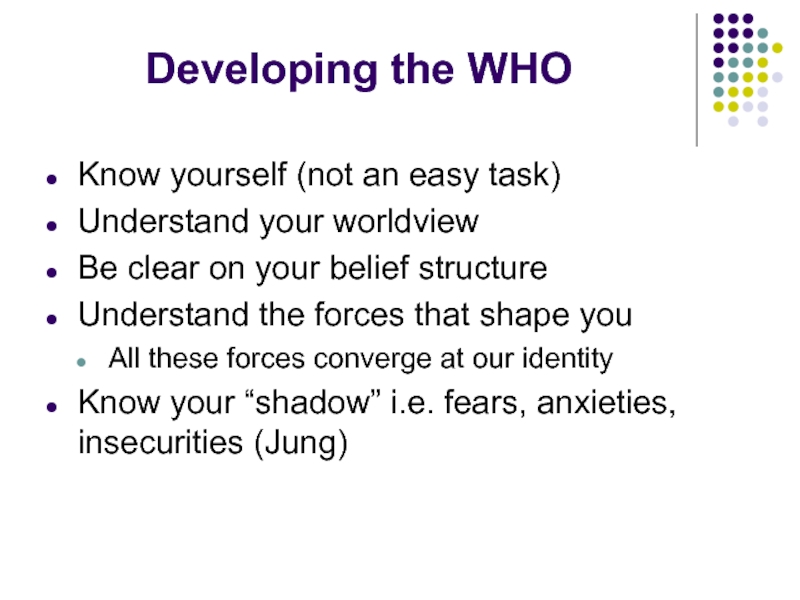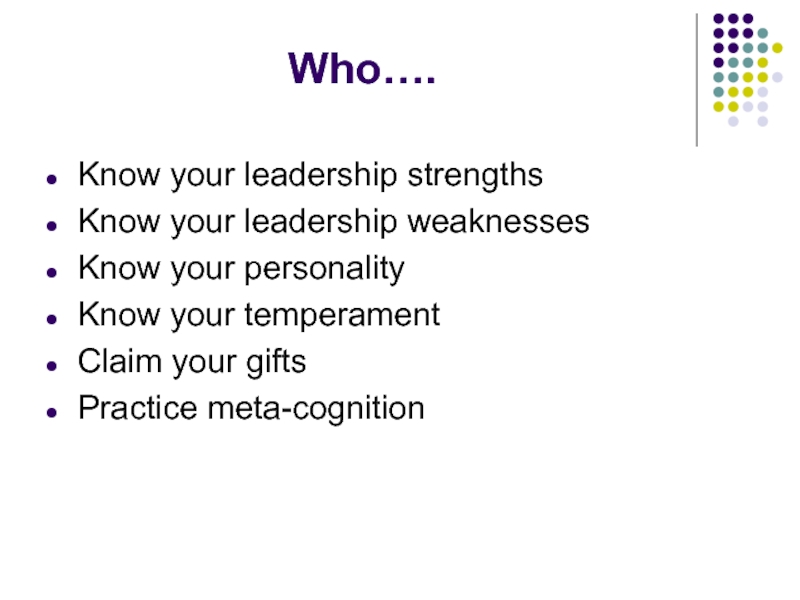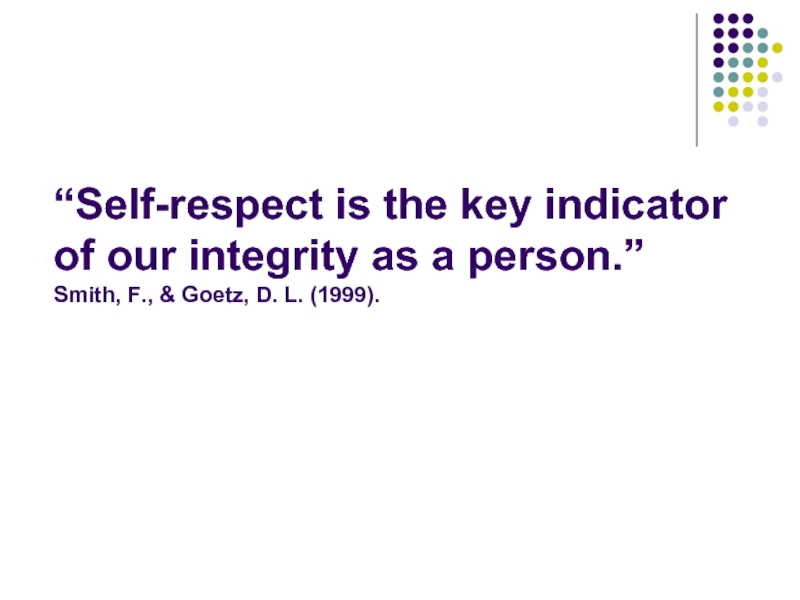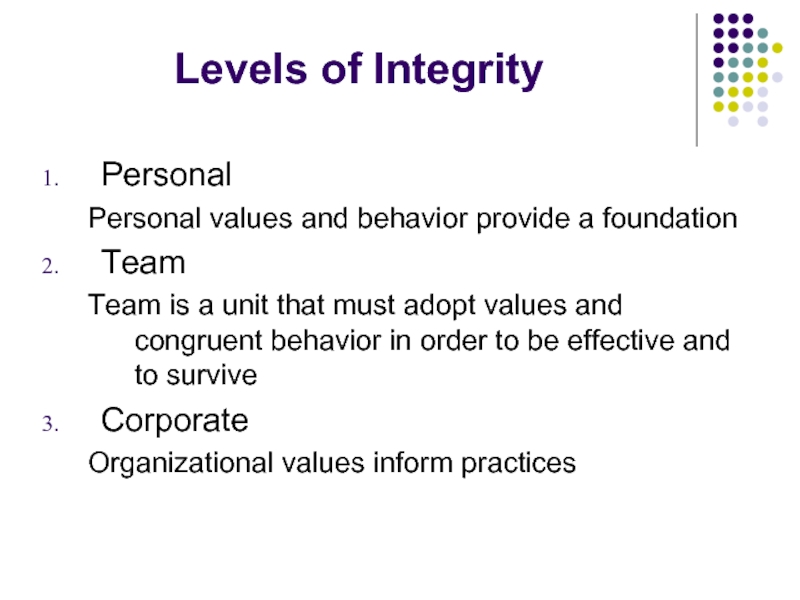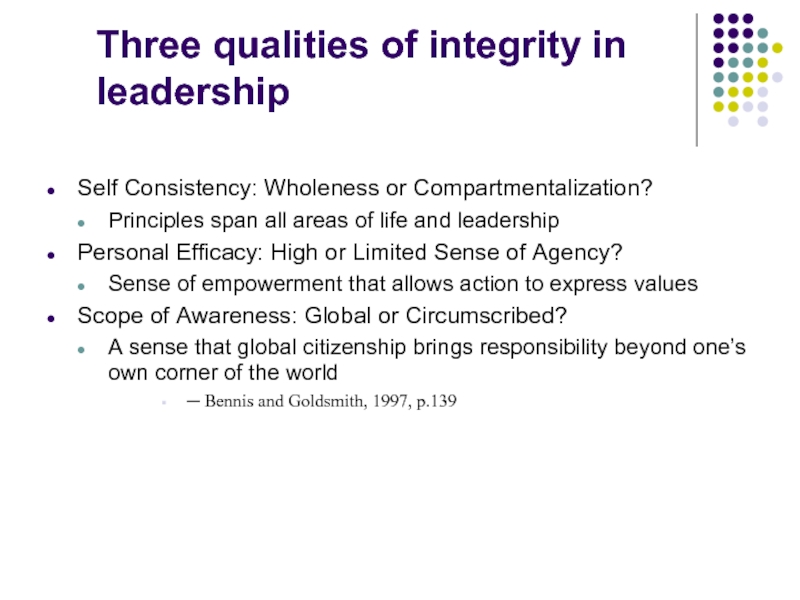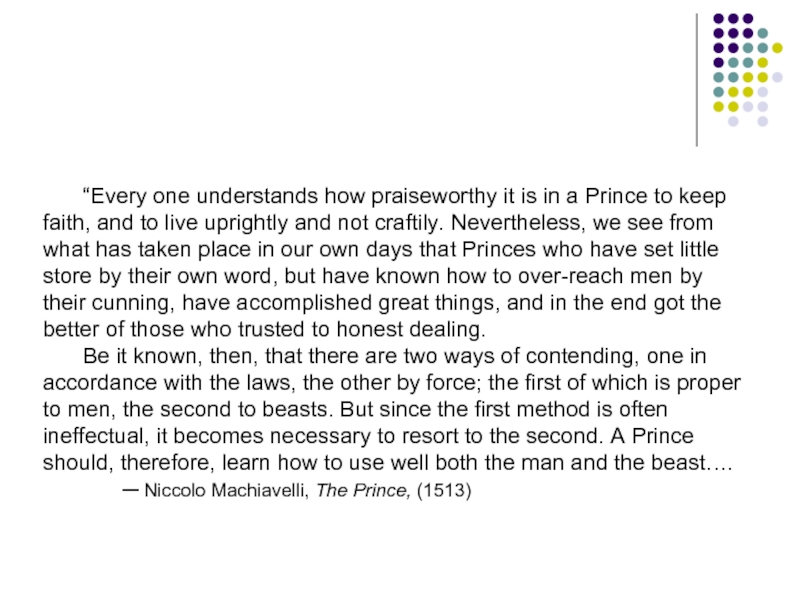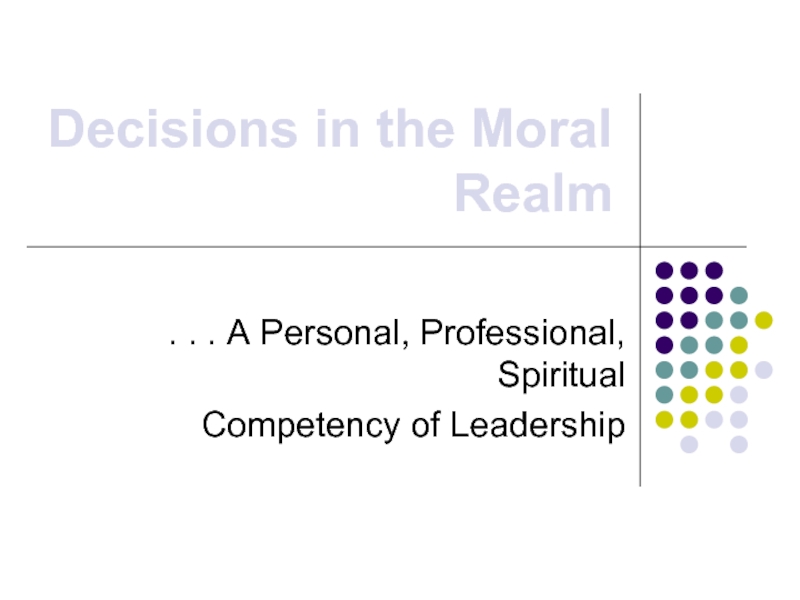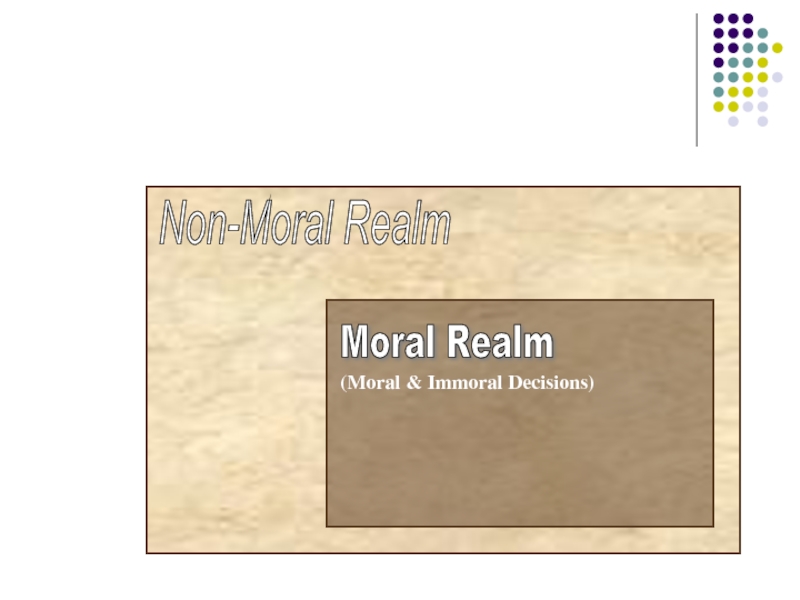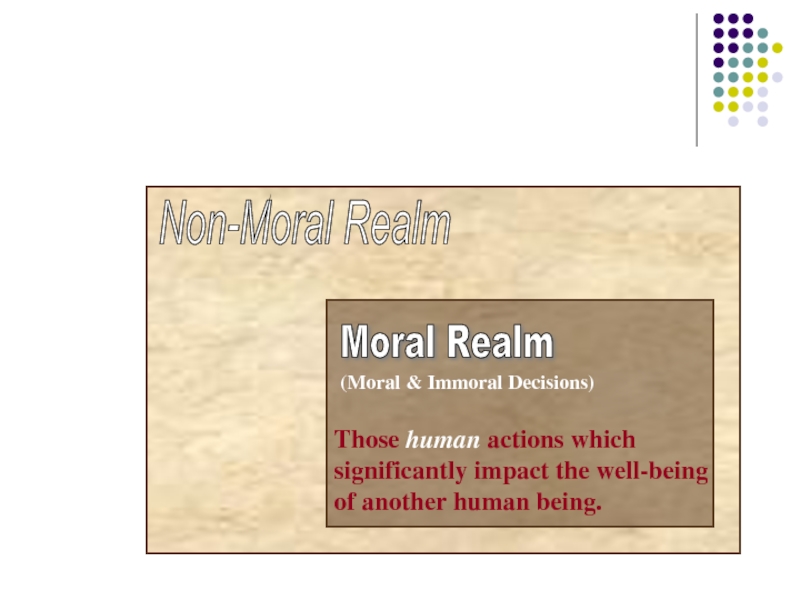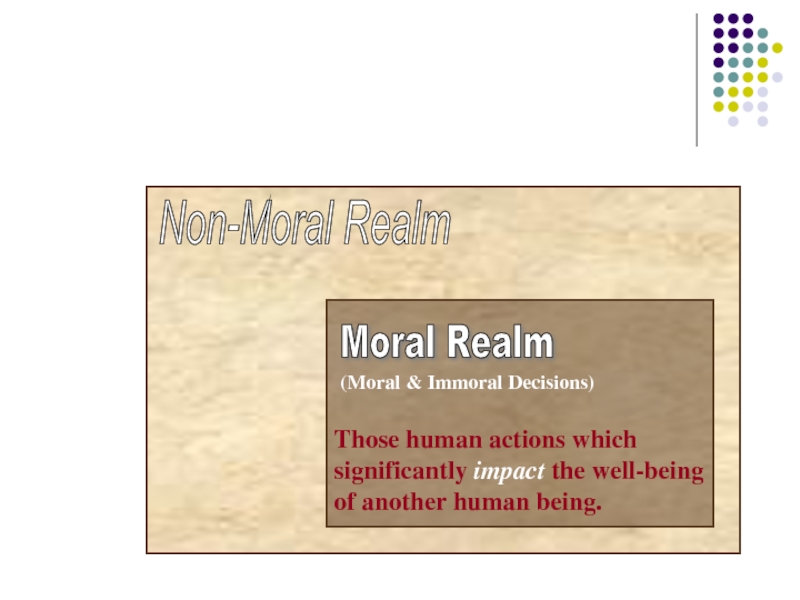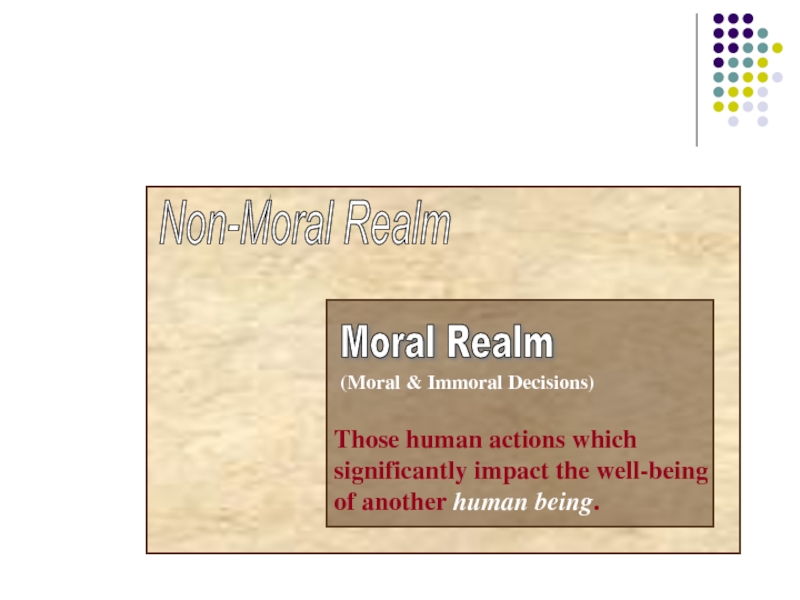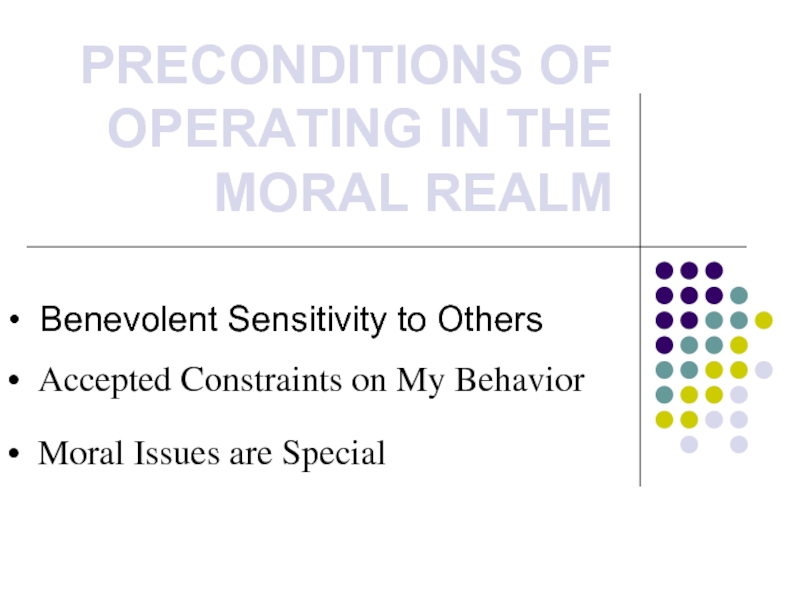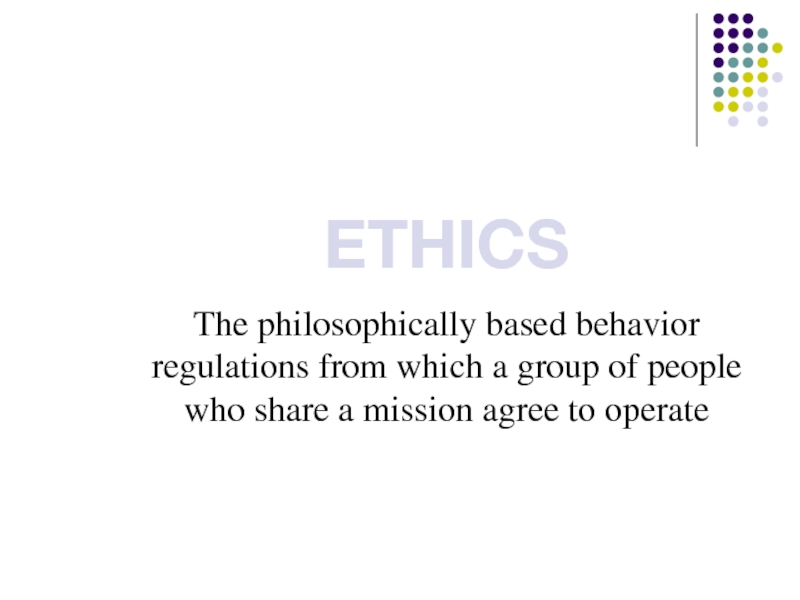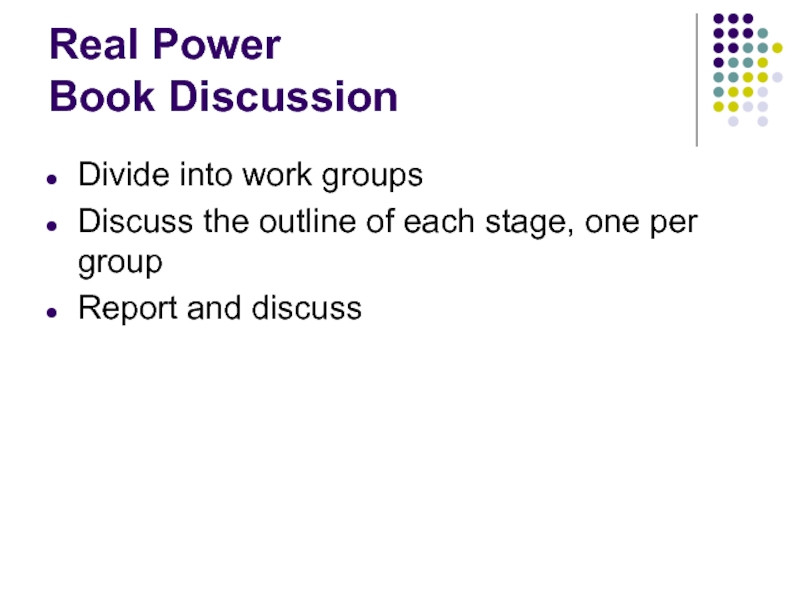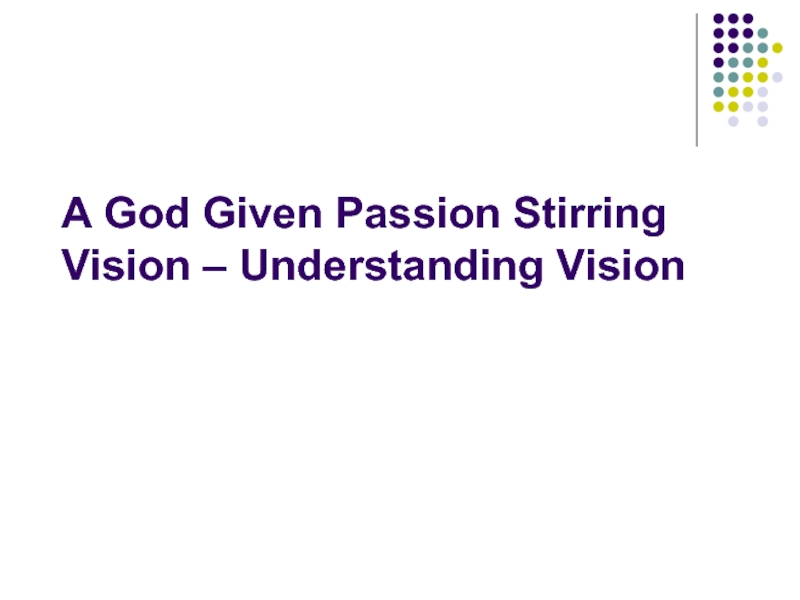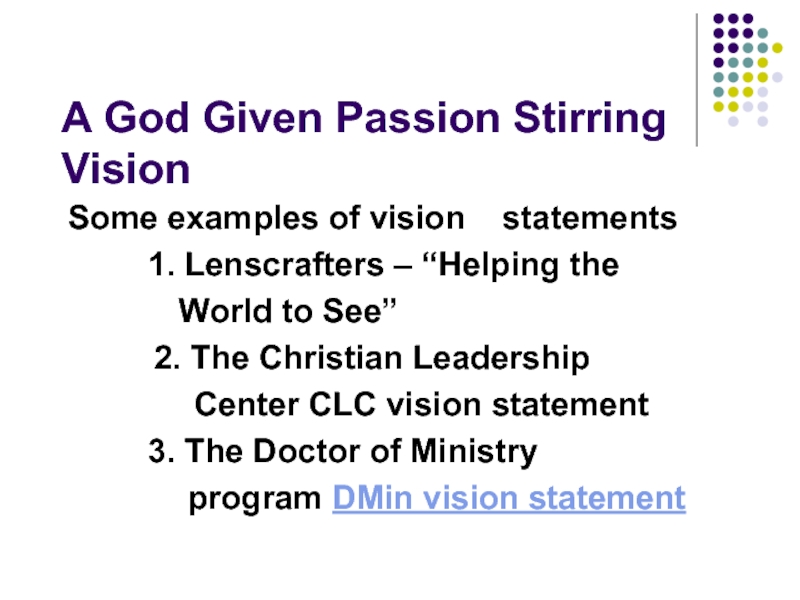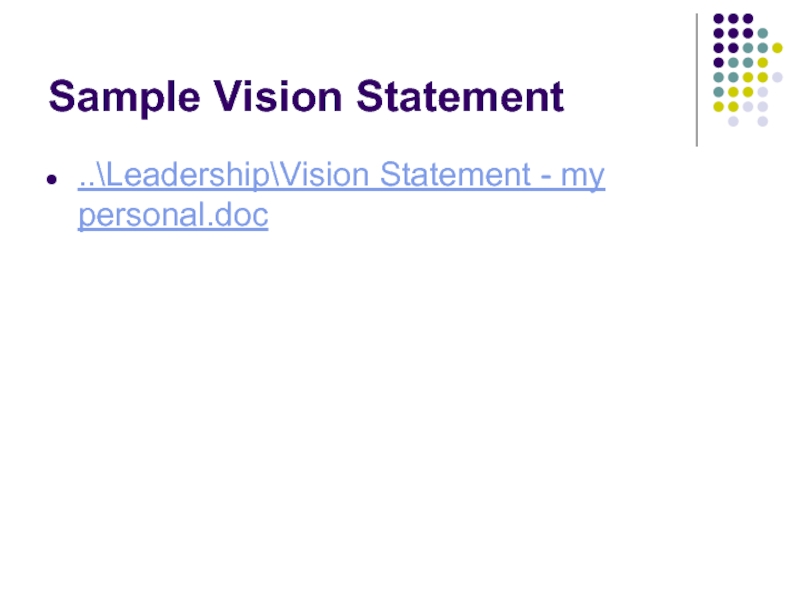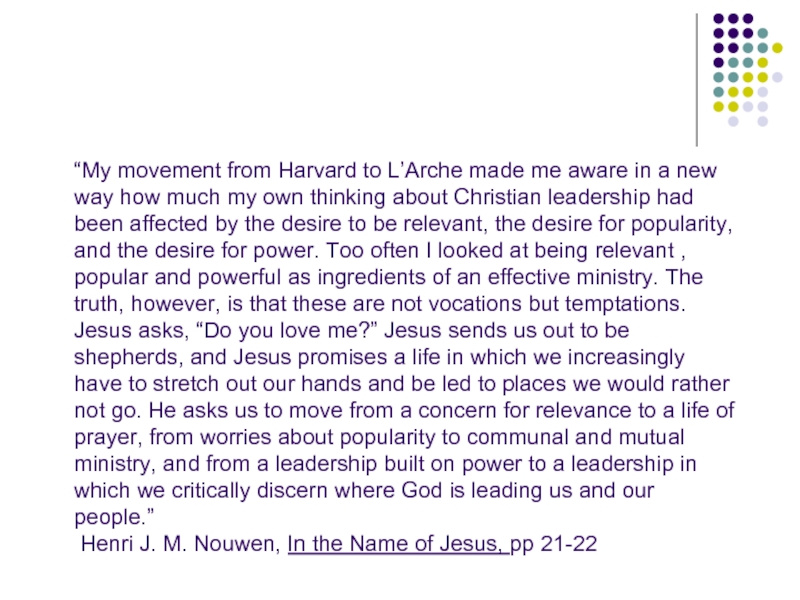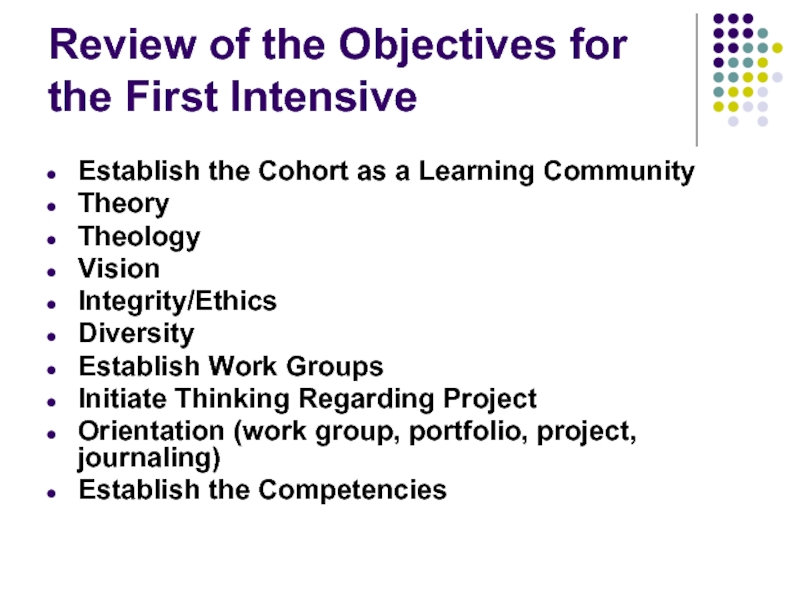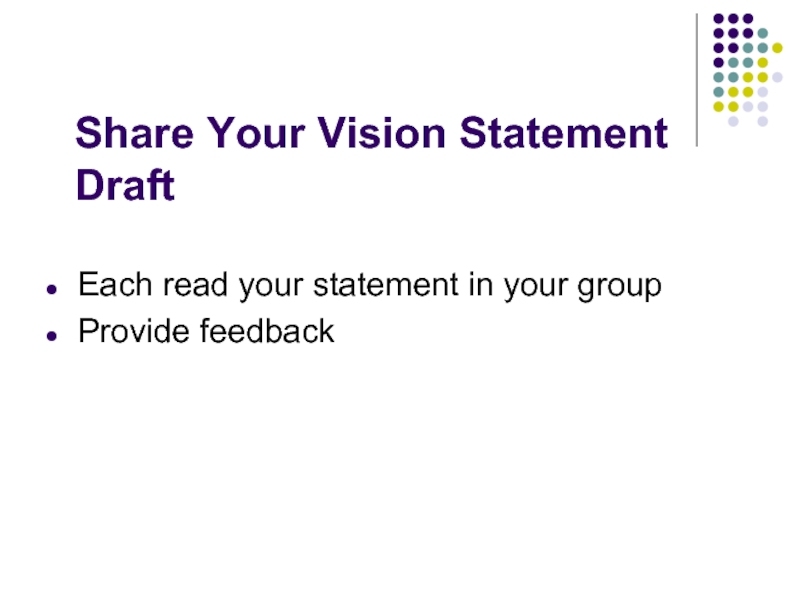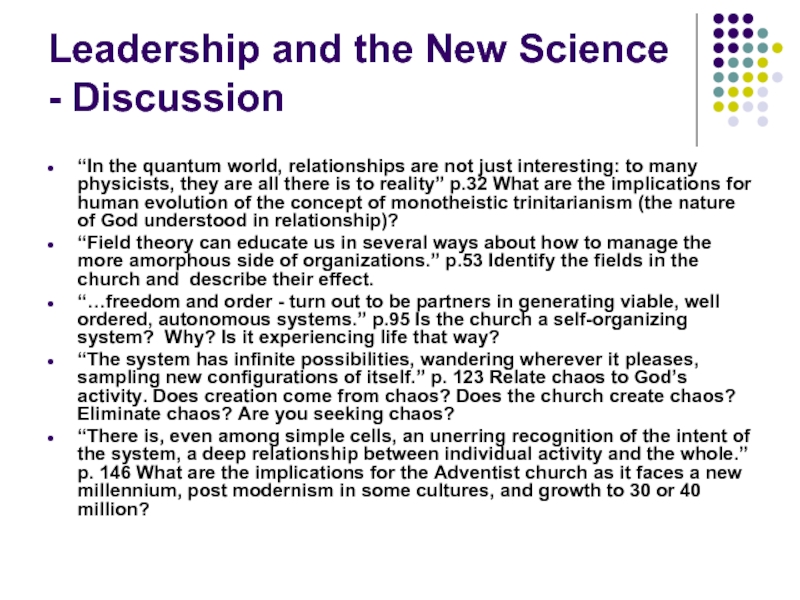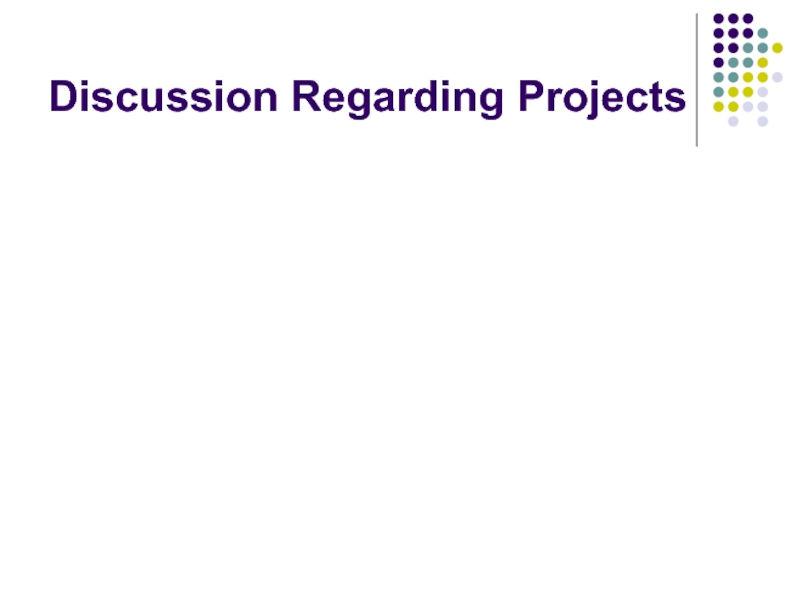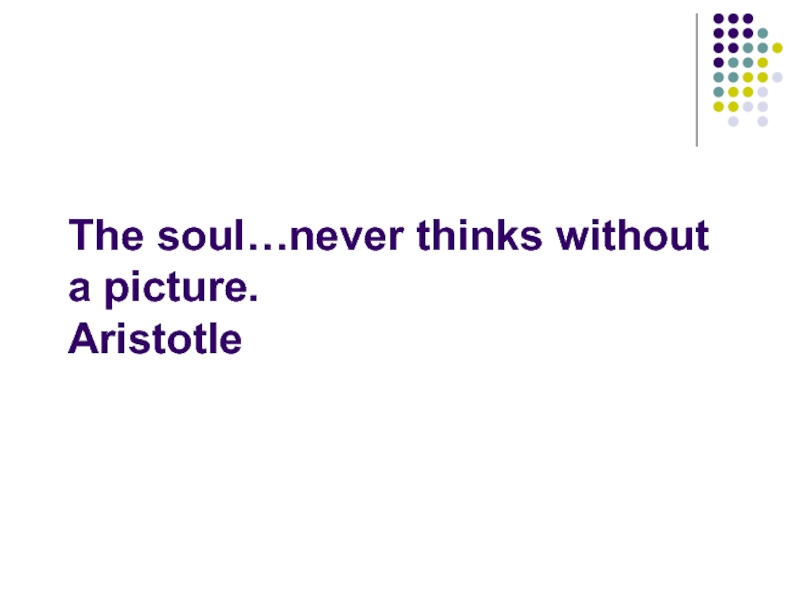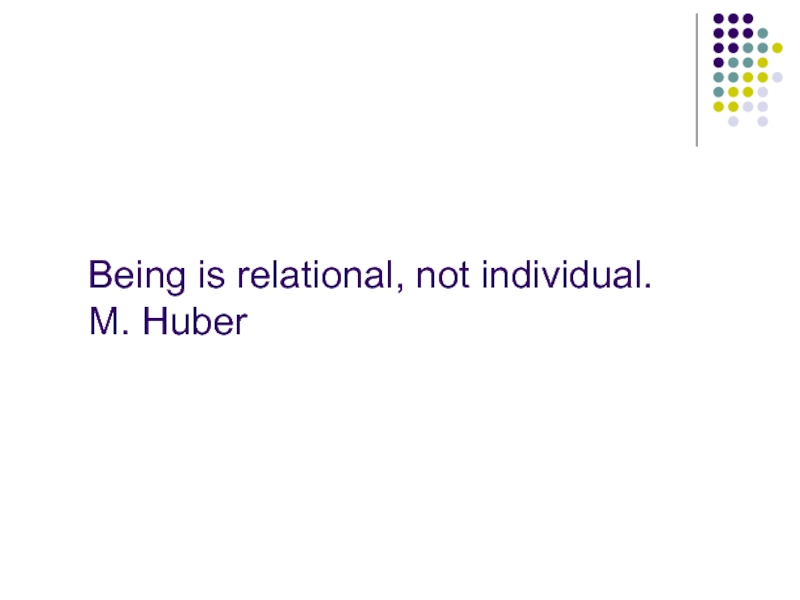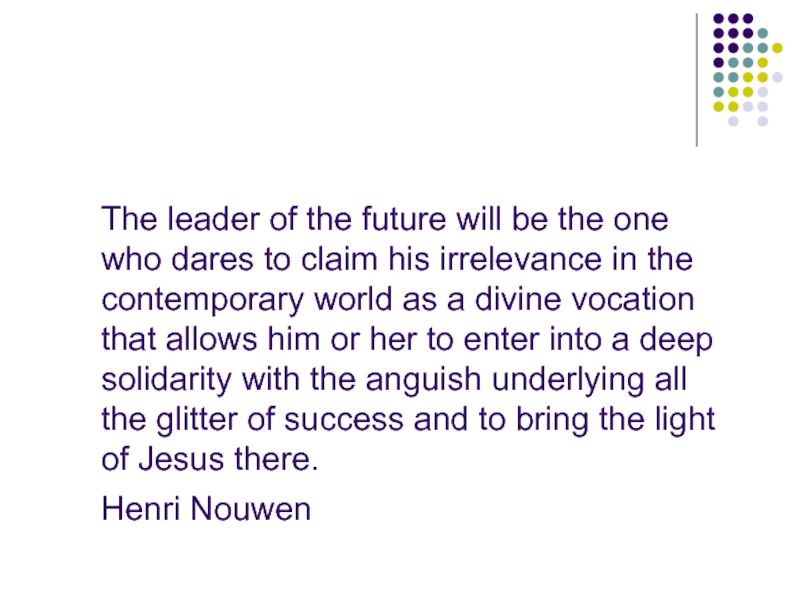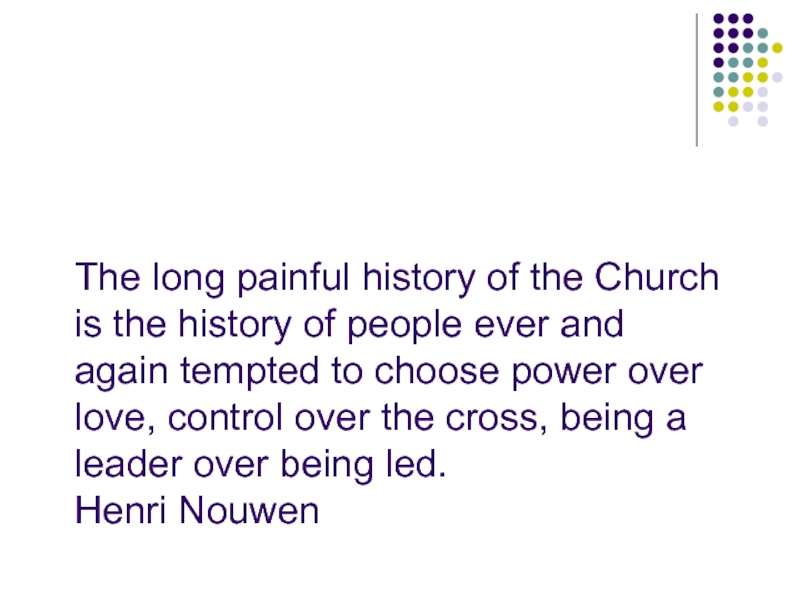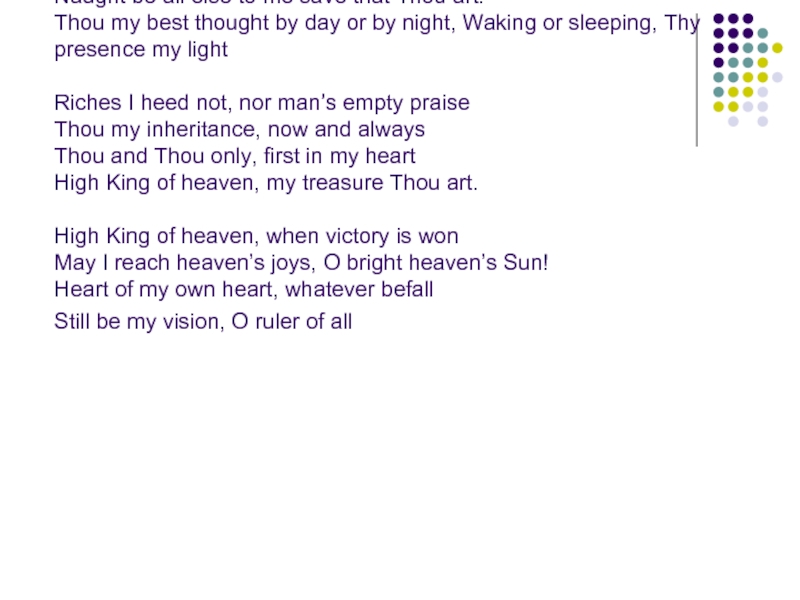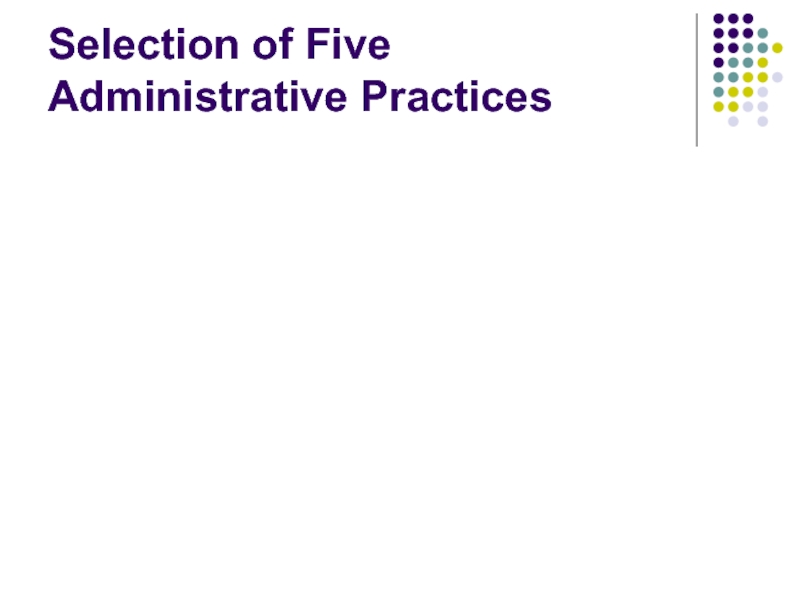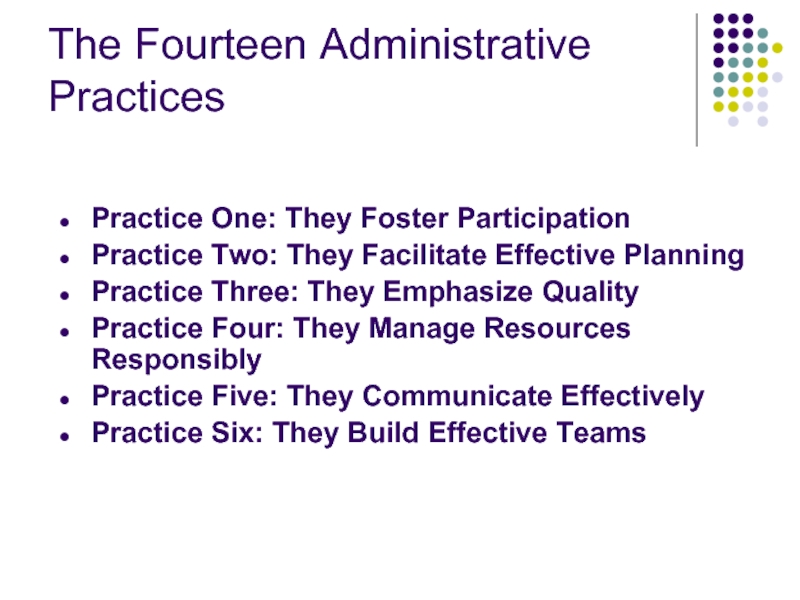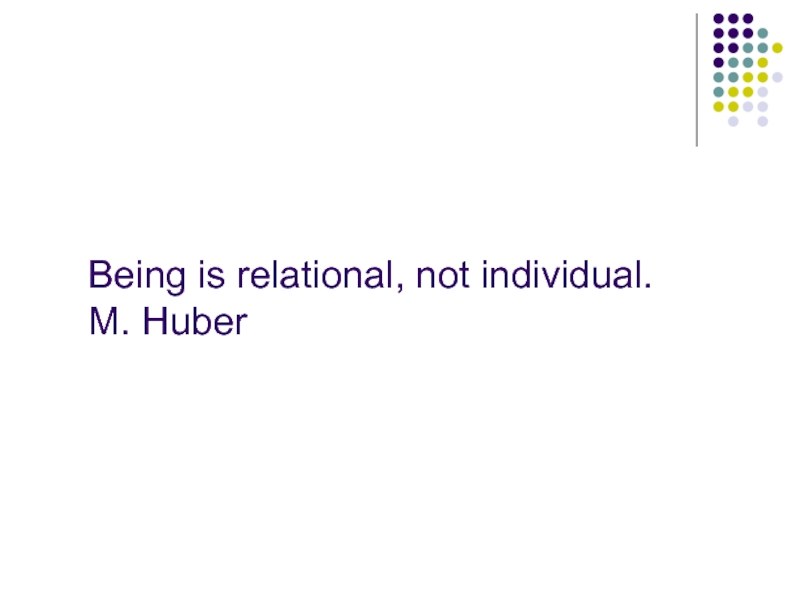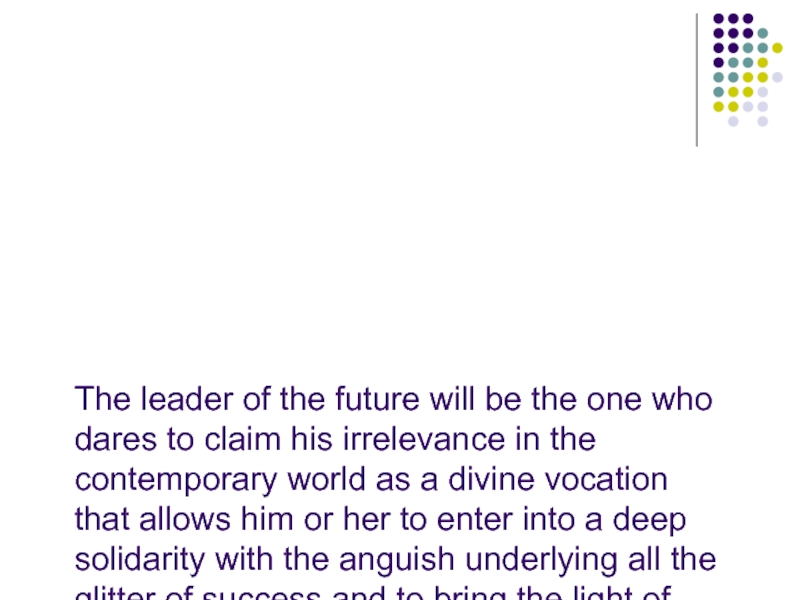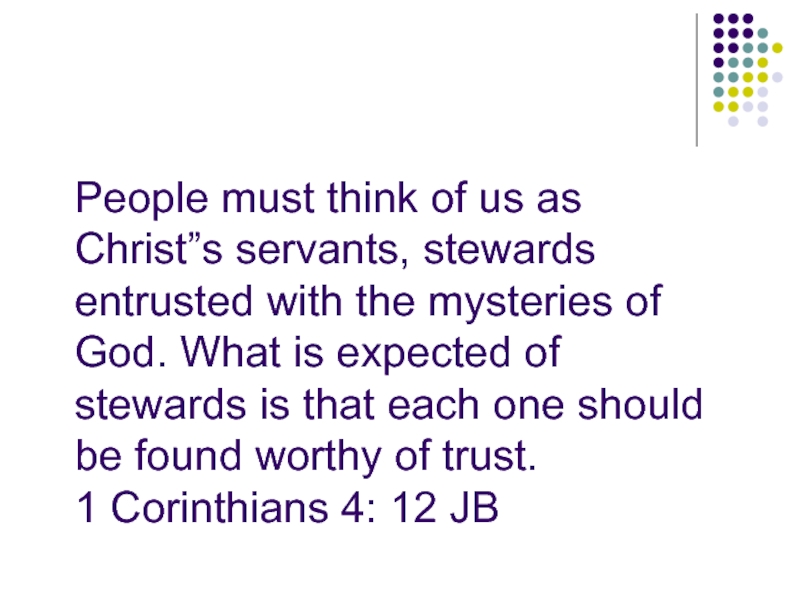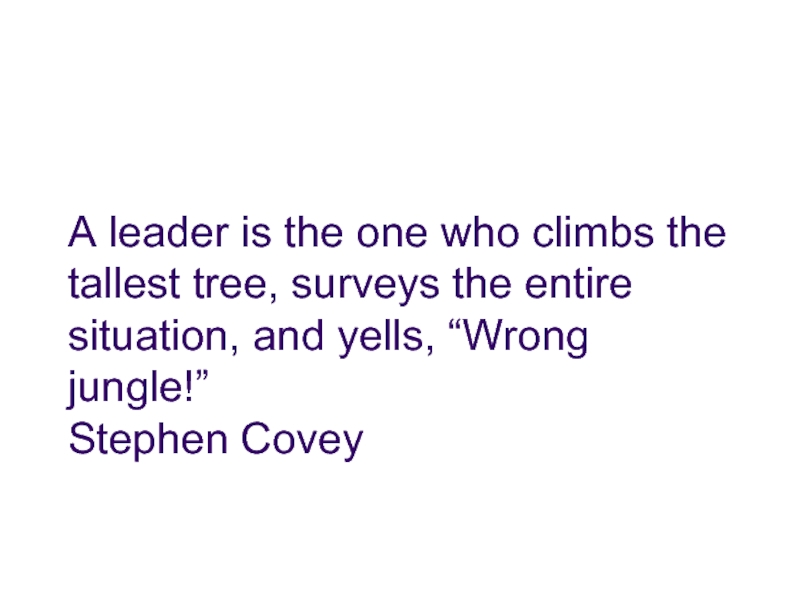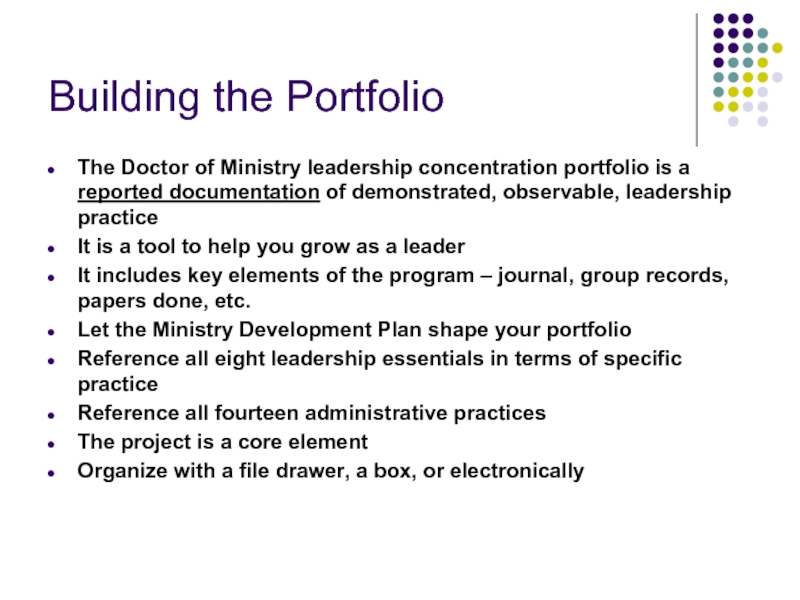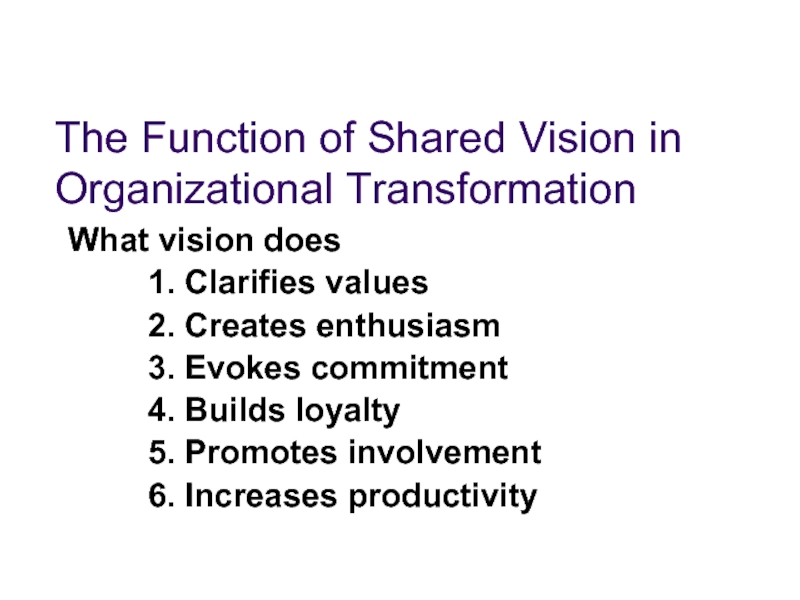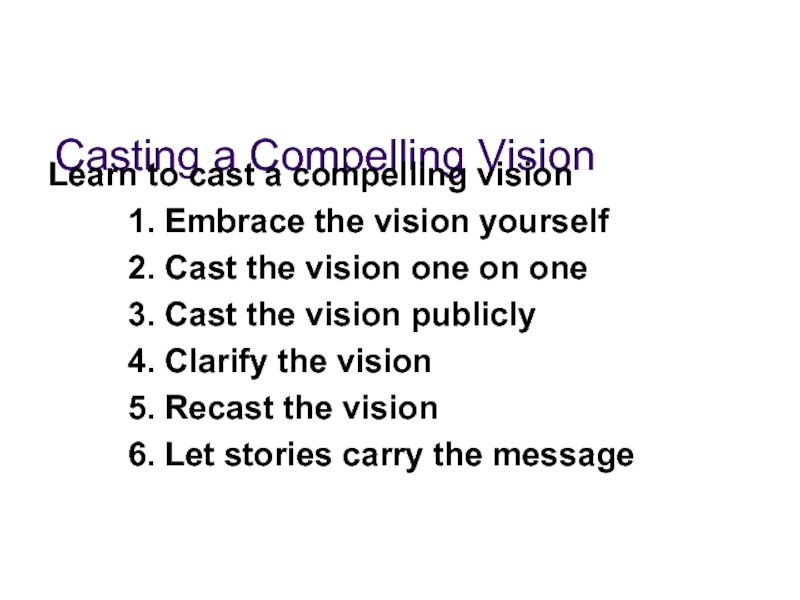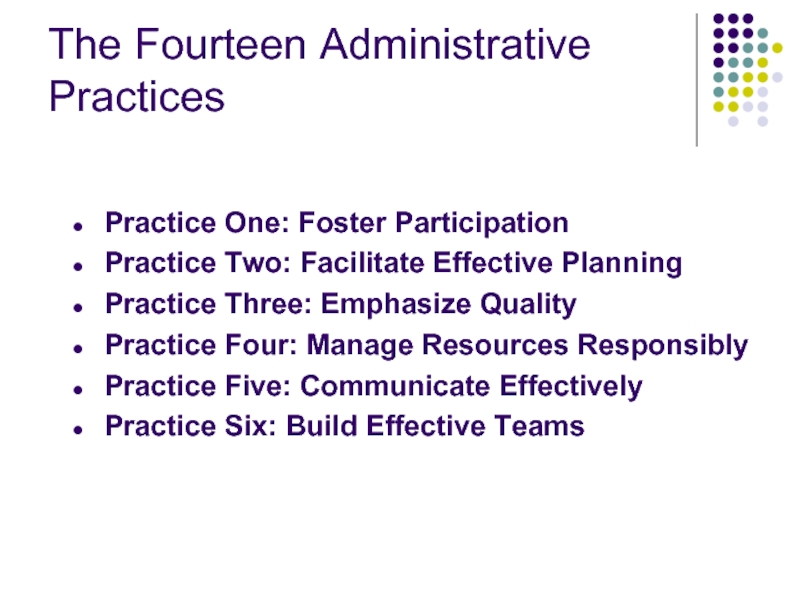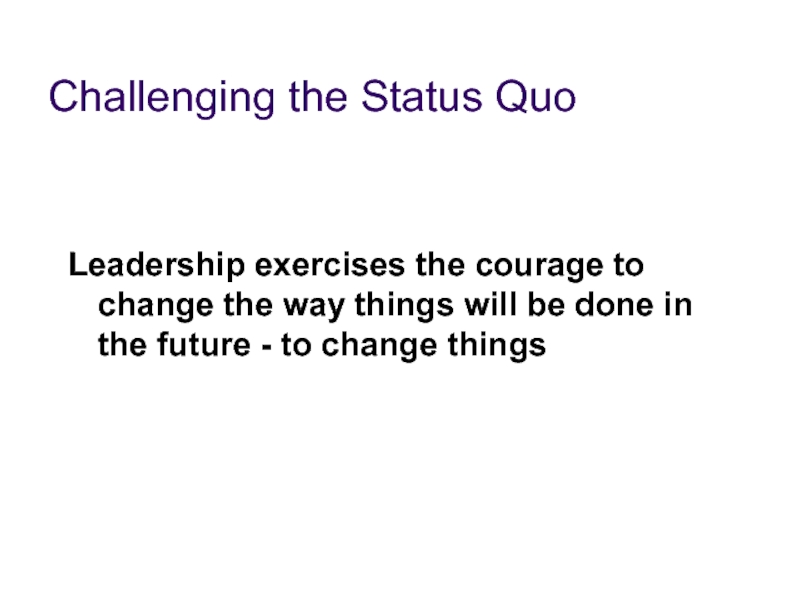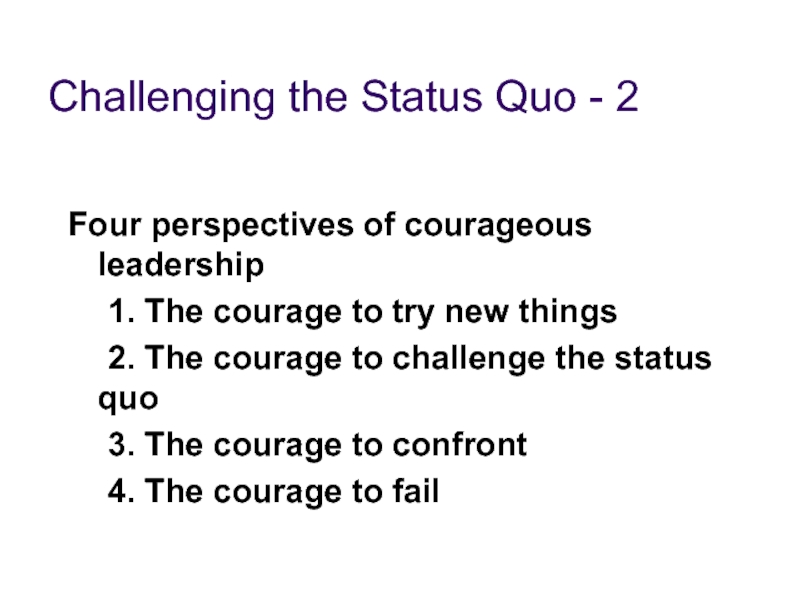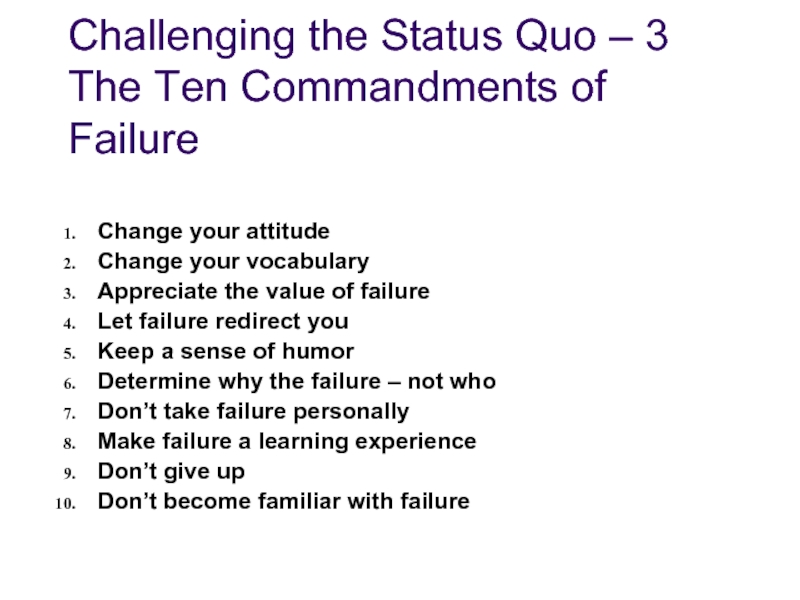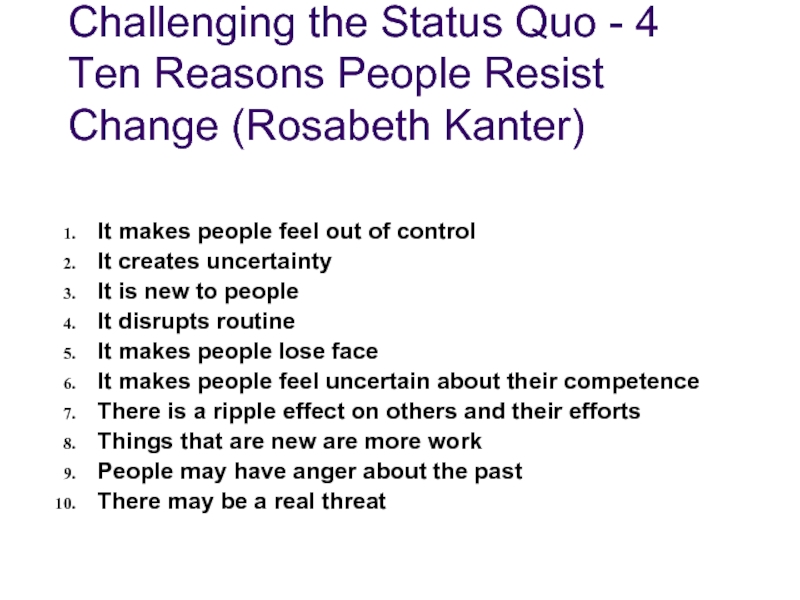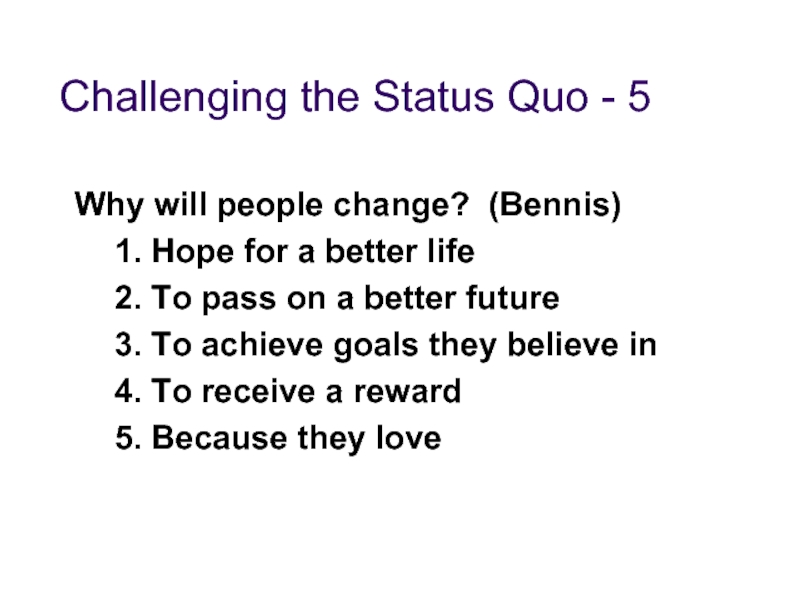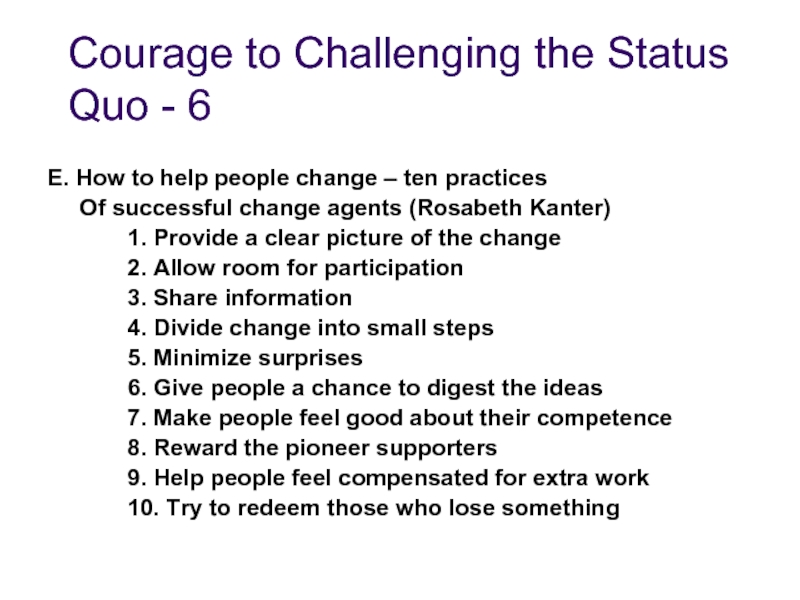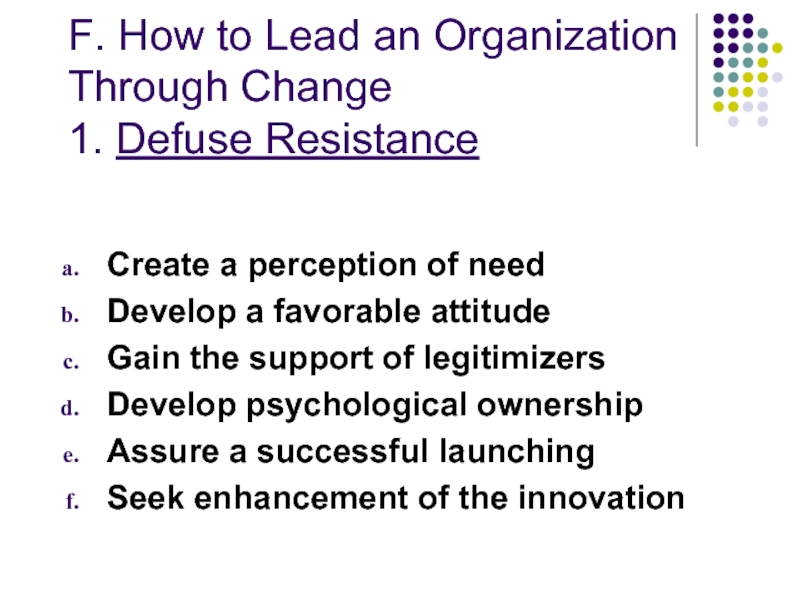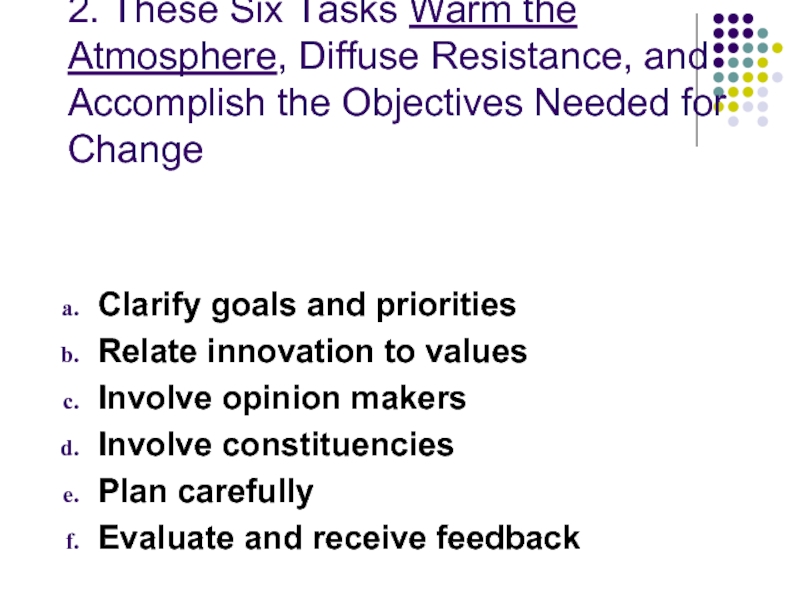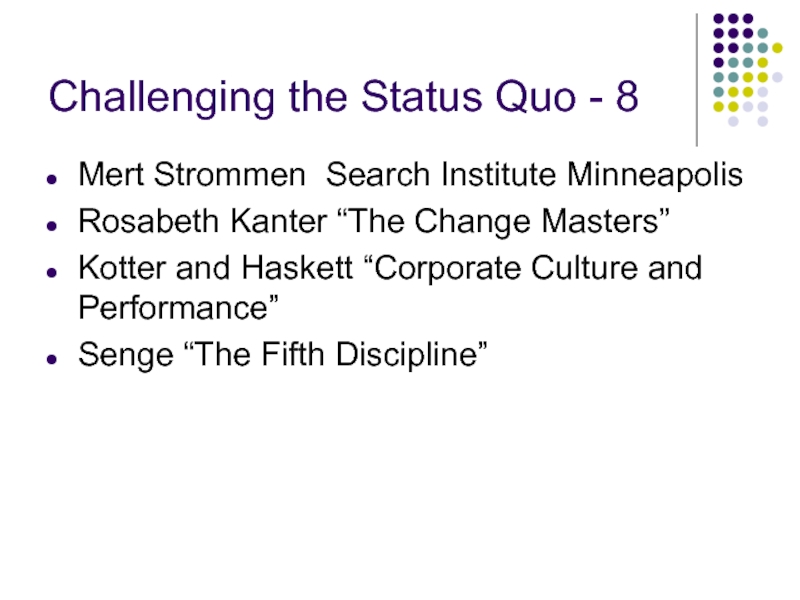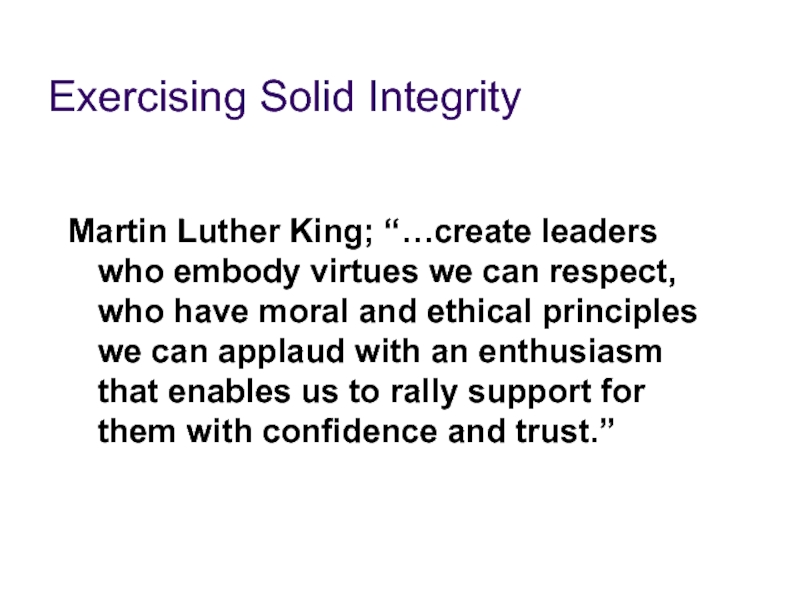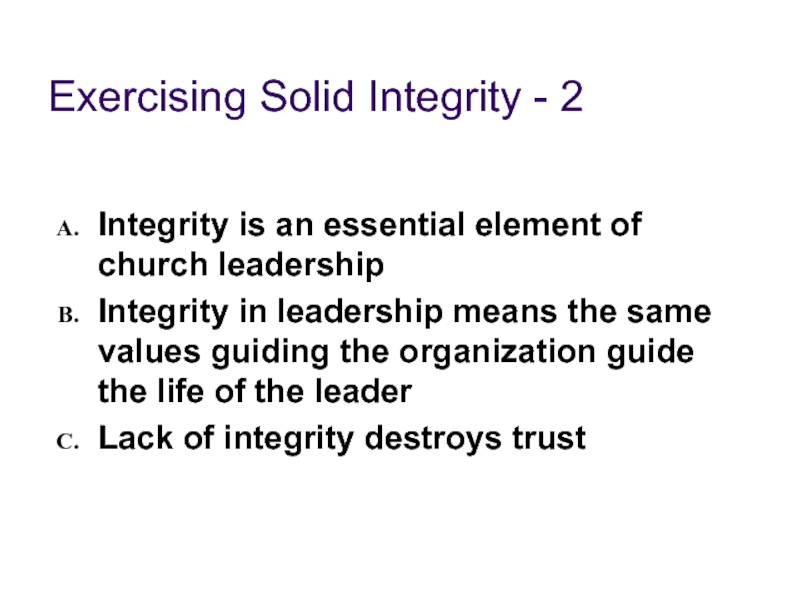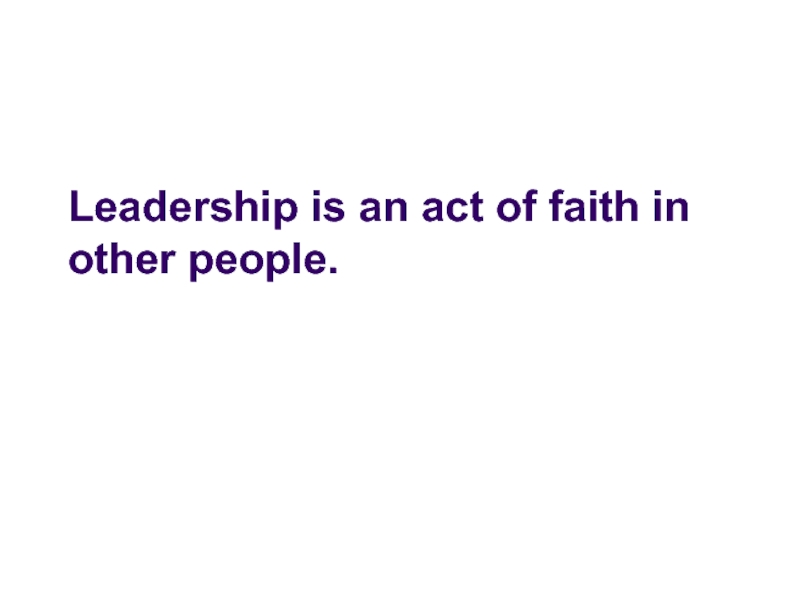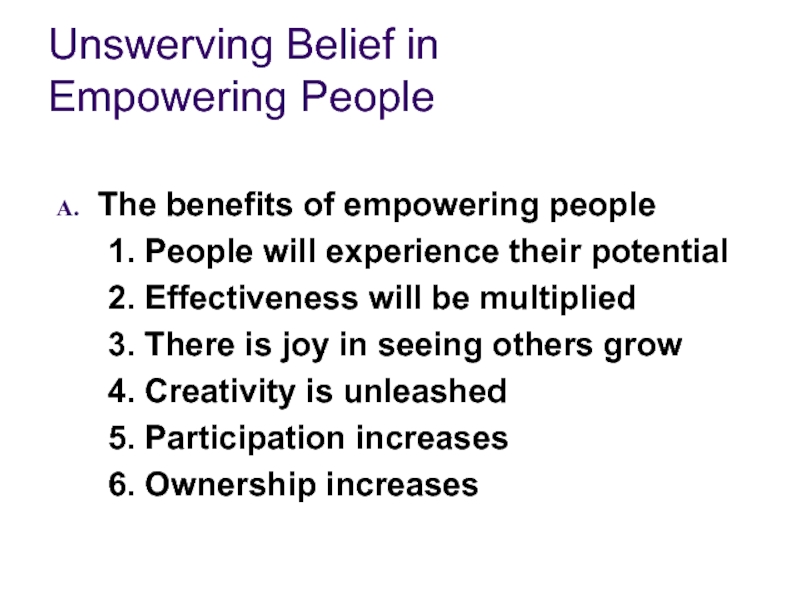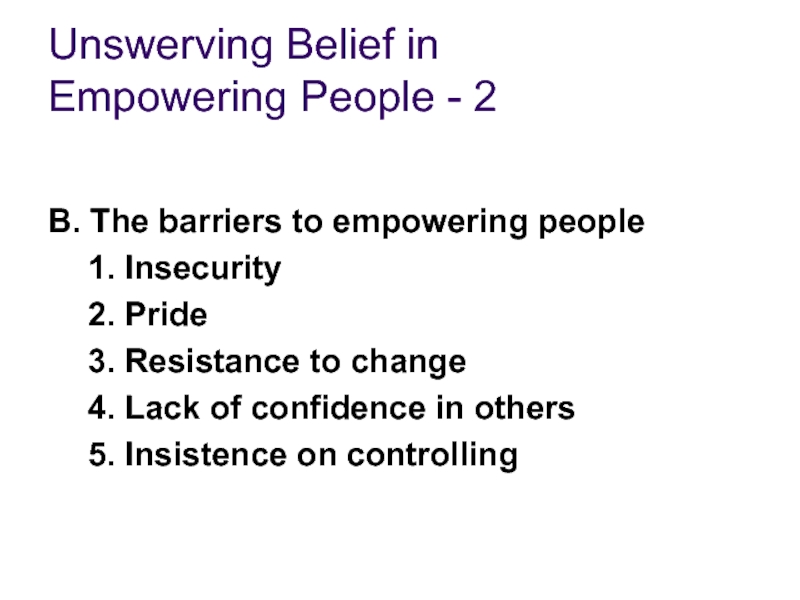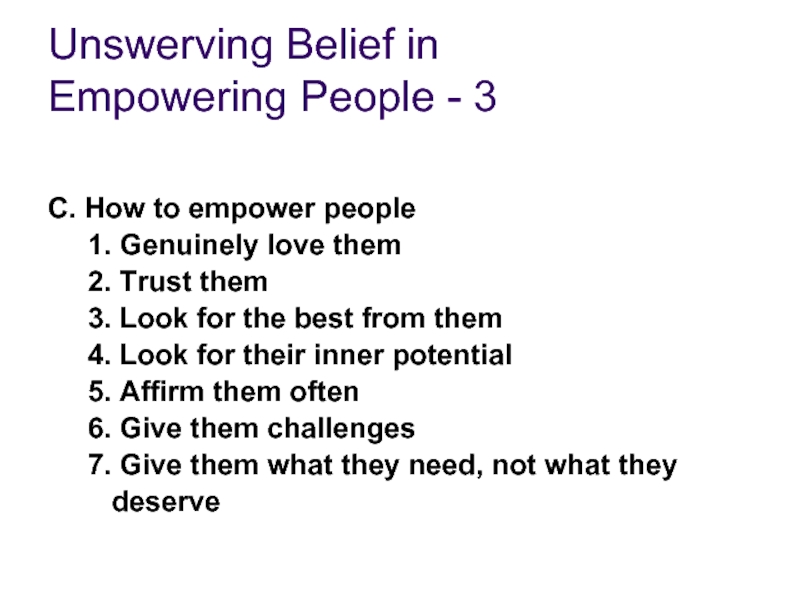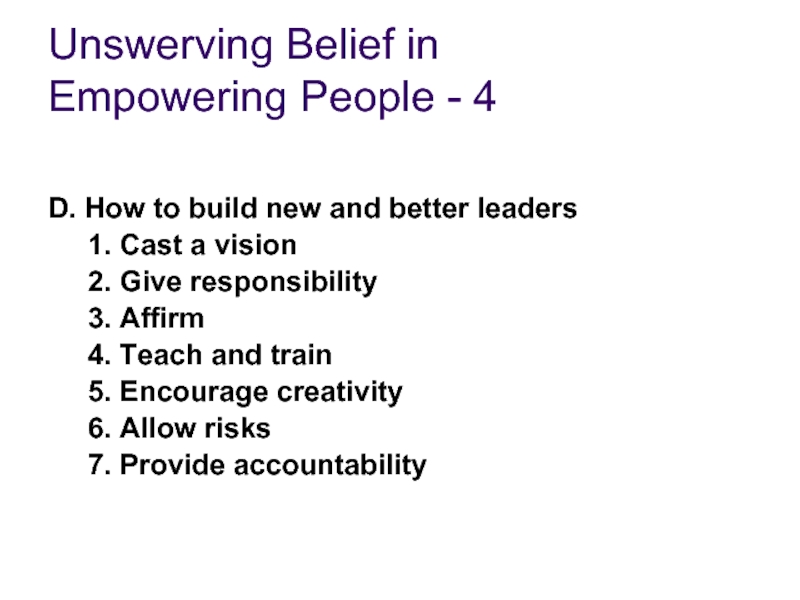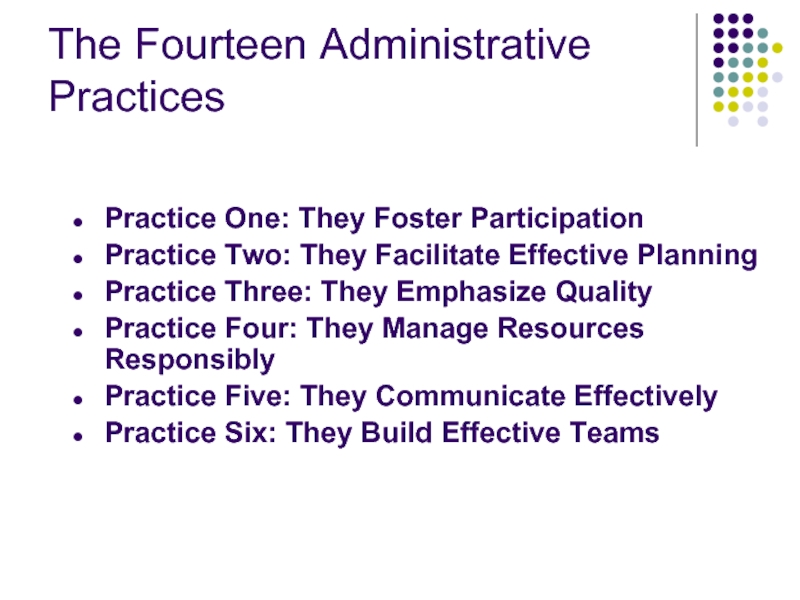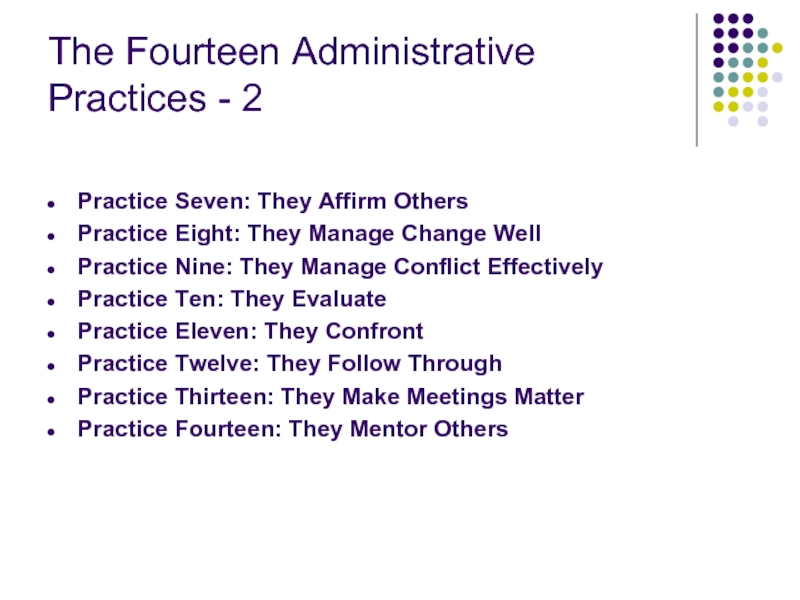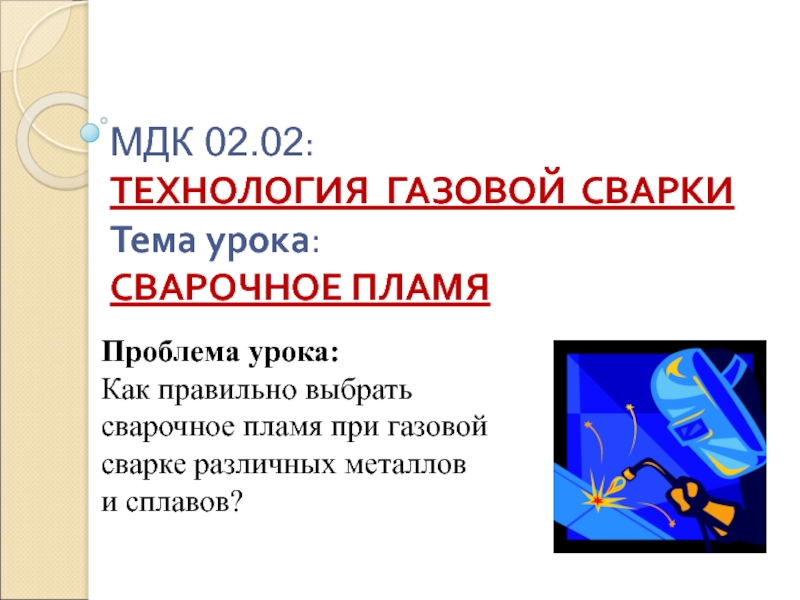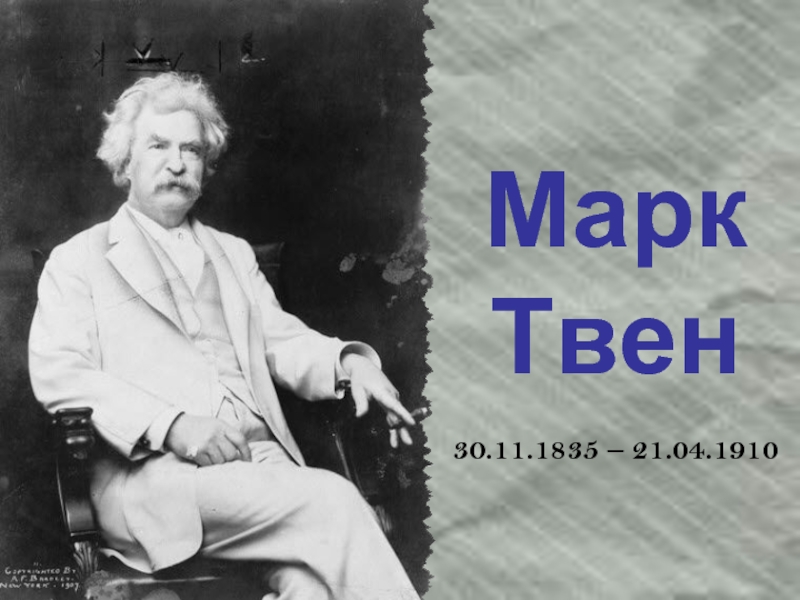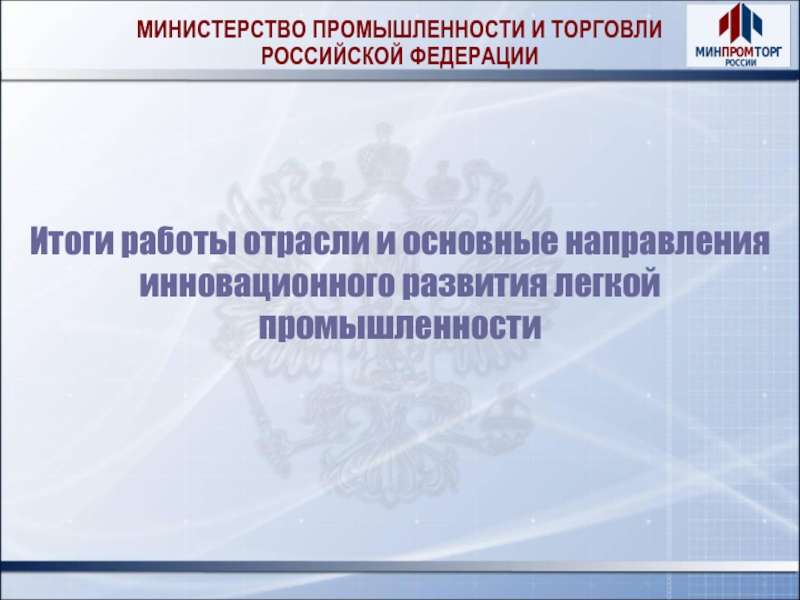- Главная
- Разное
- Дизайн
- Бизнес и предпринимательство
- Аналитика
- Образование
- Развлечения
- Красота и здоровье
- Финансы
- Государство
- Путешествия
- Спорт
- Недвижимость
- Армия
- Графика
- Культурология
- Еда и кулинария
- Лингвистика
- Английский язык
- Астрономия
- Алгебра
- Биология
- География
- Детские презентации
- Информатика
- История
- Литература
- Маркетинг
- Математика
- Медицина
- Менеджмент
- Музыка
- МХК
- Немецкий язык
- ОБЖ
- Обществознание
- Окружающий мир
- Педагогика
- Русский язык
- Технология
- Физика
- Философия
- Химия
- Шаблоны, картинки для презентаций
- Экология
- Экономика
- Юриспруденция
CHMN747 Христианское лидерство2007 ЕАДДобро пожаловать!Пожалуйста, передайте вперед копии отчетов по чтению. Убедитесь в том, что вы указали свое имя, название дивизиона, название модуля и дату. презентация
Содержание
- 1. CHMN747 Христианское лидерство2007 ЕАДДобро пожаловать!Пожалуйста, передайте вперед копии отчетов по чтению. Убедитесь в том, что вы указали свое имя, название дивизиона, название модуля и дату.
- 2. Матфея 27: 35-54
- 3. Знакомство
- 4. Сдайте свои отчеты по чтению. Пожалуйста, передайте
- 5. Лидером будущего будет являться тот человек, который
- 6. Суть и структура: Докторской программы 32 кредита
- 7. Акцент на лидерстве Портфолио Проект, ориентированный
- 8. Модуль один Введение в программу План
- 9. Цели модуля 1 Создать хорошую атмосферу для
- 10. Задание
- 11. Длинная и полная страданий история церкви –
- 12. Обзор теории лидерства
- 13. Ваш личный лучший опыт лидерства Проведите 5
- 15. Определение лидерства – что вы думаете об
- 16. Обзор теорий лидерства Хорошего человека Великого человека
- 17. Чем лидерство не является
- 18. It is not leadership from any one
- 19. Лидерство влечет за собой перемены –
- 21. Проведя большую часть последнего десятилетия в исследовании
- 22. «Лидерство как взаимоотношения»
- 23. Лидерство как взаимоотношения состоит из четырех основных компонентов
- 24. Введение в план развития служения
- 25. Ведение журнала
- 26. Как выглядит церковь (или другая организация) когда реализуется лидерство взаимоотношений?
- 27. Worldviews evolve beyond dominance, toward relational dialogue, and finally relational meaning-making
- 28. CLC определение Христианское лидерство это динамический процесс
- 29. Шесть важных элементов преобразующего лидерства _____ Четырнадцать административных практик успешных лидеров церкви
- 30. Шесть важных элементов Богом данное рвение, движущее
- 31. Развитие лидерства Это больше, чем обучение административным
- 32. Иисус о лидерстве служения Matthew 20:20-28 Mark
- 33. Лидерство служения – это практическая философия, которую
- 34. «Слуга-лидер это, прежде всего, слуга…. Все начинается
- 35. Разница проявляется в том, что «сначала слуга»
- 36. Отличительной чертой лидерства служения является мотивация, которая стоит за нашими действиями как лидеров
- 37. Лидерство служения значит, что забываем о личной
- 38. Лидерство служения нельзя назвать слабым, оно обладает
- 39. Лидерство служения,
- 40. На протяжении многих лет я говорил своим
- 41. Christian Leadership Center Position Paper ..\CLC\Servantleadershippositionpaper.doc
- 42. Servant Leadership Robert K. Greenleaf
- 43. Servant Leadership Robert K. Greenleaf Who is
- 44. The Leadership Challenge A Book Discussion
- 45. Form a group of four or five
- 46. Selecting Administrative Skills
- 47. Orientation to the Portfolio
- 48. Leadership and Integrity
- 49. People must think of us as Christ”s
- 50. Martin Luther King; “…create leaders who
- 51. The Drive By Incident A Narrative and Discussion
- 52. Integrity is the accumulated response to the Holy Spirit leading our personal life.
- 53. Project Orientation
- 54. Christian leaders cannot simply be persons who
- 55. “If you tell the truth, you never have to remember anything.” ─ Mark Twain
- 56. Lack of integrity destroys trust
- 57. Three Guiding Insights: My beliefs determine my
- 58. I. Beliefs Predicated on our worldview Perception
- 59. II. Thinking Integrity grows with the person
- 60. III. Actions Behavior is the fruit by
- 61. When Values Collide: The 2010 Executive
- 62. Philosophical Foundations
- 63. Integrity, Personal Individualism, and Alignment of Values in an Organization
- 64. Who are we to be? Traditional focus
- 65. “So the point is not to become
- 66. Developing the WHO Know yourself (not an
- 67. Who…. Know your leadership strengths Know your
- 68. “Self-respect is the key indicator of our
- 69. How Leaders Demonstrate Integrity
- 70. Levels of Integrity Personal Personal values and
- 71. Three qualities of integrity in leadership Self
- 72. Case Study and Exercise - “Frito Lay”
- 73. How Do You Practice Integrity Daily?
- 74. “Every one understands how praiseworthy it is
- 75. Decisions in the Moral Realm . . . A Personal, Professional, Spiritual Competency of Leadership
- 76. Non-Moral Realm Moral Realm (Moral & Immoral Decisions)
- 77. Non-Moral Realm Moral Realm
- 78. Non-Moral Realm Moral Realm
- 79. Non-Moral Realm Moral Realm
- 80. Non-Moral Realm Moral Realm
- 81. Non-Moral Realm Moral Realm
- 82. Non-Moral Realm Moral Realm
- 83. Non-Moral Realm Moral Realm
- 84. PRECONDITIONS OF OPERATING IN THE MORAL REALM
- 85. Investigation in the Moral Realm “Rules of
- 86. Non-Moral Realm Moral Realm (Moral & Immoral Decisions) Ethics
- 87. ETHICS The philosophically based behavior regulations from
- 88. Non-Moral Realm Moral Realm (Moral & Immoral Decisions) Ethics
- 89. James White Library
- 90. Real Power Book Discussion Divide into work
- 91. The soul…never thinks without a picture. Aristotle
- 92. There is no freeway to the future.
- 93. A God Given Passion Stirring Vision –
- 94. A God Given Passion Stirring Vision – What Vision Does
- 95. Vision must be shared. Leadership creates shared vision.
- 96. A God Given Passion Stirring Vision Some
- 97. Sample Vision Statement ..\Leadership\Vision Statement - my personal.doc
- 98. Formation of Your Personal Vision Statement
- 99. Prepare a Draft of Your Personal Vision
- 101. “My movement from Harvard to L’Arche made
- 102. Review of the Objectives for the First
- 103. Share Your Vision Statement Draft Each read your statement in your group Provide feedback
- 104. Embracing Diversity – A Book Discussion Each group assigned a summary report of two chapters
- 105. A God Given Passion Stirring Vision – Casting Your Vision Effectively
- 106. Evaluation of Intensive
- 107. Leadership and the New Science - Discussion
- 108. Discussion Regarding Projects
- 110. The soul…never thinks without a picture. Aristotle
- 111. Being is relational, not individual. M. Huber
- 112. The leader of the future will be
- 113. People must think of us as Christ”s
- 114. The long painful history of the Church
- 115. Be Thou my vision, O Lord of
- 116. Formation of a Development Group for the Four Year Development Program
- 117. Selection of Five Administrative Practices
- 118. The Fourteen Administrative Practices Practice One:
- 119. The Fourteen Administrative Practices - 2
- 120. There is no freeway to the future.
- 121. Christian leaders cannot simply be persons who
- 122. Being is relational, not individual. M. Huber
- 123. The leader of the future will be
- 124. People must think of us as Christ”s
- 126. A leader is the one who climbs
- 127. Building the Portfolio The Doctor of Ministry
- 128. Much Christian leadership is exercised by people
- 129. The Function of Shared Vision in Organizational
- 130. The Function of Shared Vision in Organizational
- 131. Casting a Compelling Vision Learn to cast
- 132. The Eight Essential Habits Inspiring a God
- 133. The Fourteen Administrative Practices Practice One:
- 134. The Fourteen Administrative Practices - 2
- 135. Challenging the Status Quo Leadership exercises the
- 136. Challenging the Status Quo - 2 Four
- 137. Challenging the Status Quo – 3 The
- 138. Challenging the Status Quo - 4 Ten
- 139. Challenging the Status Quo - 5
- 140. Courage to Challenging the Status Quo -
- 141. F. How to Lead an Organization Through
- 142. 2. These Six Tasks Warm the Atmosphere,
- 143. Challenging the Status Quo - 8 Mert
- 144. Exercising Solid Integrity Martin Luther King;
- 145. Exercising Solid Integrity - 2 Integrity is
- 146. III. Exercising Solid Integrity - 3 D.
- 147. Leadership is an act of faith in other people.
- 148. Unswerving Belief in Empowering People The benefits
- 149. Unswerving Belief in Empowering People - 2
- 150. Unswerving Belief in Empowering People - 3
- 151. Unswerving Belief in Empowering People - 4
- 152. Christian leaders cannot simply be persons who
- 153. The Fourteen Administrative Practices Practice One:
- 154. The Fourteen Administrative Practices - 2
Слайд 1CHMN747 Христианское лидерство 2007 ЕАД Добро пожаловать! Пожалуйста, передайте вперед копии отчетов по чтению.
Слайд 4Сдайте свои отчеты по чтению.
Пожалуйста, передайте вперед копии отчетов по чтению.
Слайд 5Лидером будущего будет являться тот человек, который осмелится увидеть за своей
Слайд 6Суть и структура:
Докторской программы
32 кредита
Четыре модуля
Без отрыва от служения
Видение
Самостоятельное управление
Слайд 7Акцент на лидерстве
Портфолио
Проект, ориентированный на служение
Четыре или пять лет
Преобразующее действие
Слайд 8Модуль один
Введение в программу
План развития служения
Шесть важных элементов лидерства и четырнадцать
Теория лидерства, теология лидерства, видение, целостность, лидерство в многообразии
Слайд 9Цели модуля 1
Создать хорошую атмосферу для обучения
Теория
Теология
Видения
Целостность/этика
Многообразие
Организовать рабочие группы
Начать мысленное планирование проекта
Введение (рабочая группа, портфолио, проект, журналы)
Разговор о компетенции
Слайд 11Длинная и полная страданий история церкви – это история людей, которые
Слайд 13Ваш личный лучший опыт лидерства
Проведите 5 минут, размышляя об одном из
Повернитесь к другому человеку
Каждый человек должен описать свой опыт лидерства, а его напарник должен внимательно слушать и записывать то, что в рассказе первого ему показалось очевидным проявлением лидерства
Что вы узнали о лидерстве?
Слайд 15Определение лидерства – что вы думаете об этих высказываниях (Как бы
Лидерство значит иметь видение и сделать так, чтобы другие его поняли
Лидерство это способность реализовывать управленческие функции, ассоциируемые с положением власти
Слайд 16Обзор теорий лидерства
Хорошего человека
Великого человека
Исторический
Ситуационная
Влияния
Адаптивной работы
Отношений
Слайд 18It is not leadership from any one person that is required,
Слайд 19Лидерство влечет за собой перемены – Белл и Дадли Опубликовано в AUSS
«Формирование лидерства в подготовке служителей: оценка и анализ лидерских качеств у пасторов в Северной Америке”
Есть ли связь между пасторским успехом и проявлением лидерских качеств
Обзор лидерских практик Кузеса и Познера
Определение критериев успеха
Формирование двух групп для примера
Слайд 21Проведя большую часть последнего десятилетия в исследовании поведения в организации и
Слайд 27Worldviews evolve beyond dominance, toward relational dialogue, and finally relational meaning-making
Слайд 28CLC определение Христианское лидерство это динамический процесс взаимоотношений, в котором люди под
Слайд 29Шесть важных элементов преобразующего лидерства
_____
Четырнадцать административных практик успешных лидеров церкви
Слайд 30Шесть важных элементов
Богом данное рвение, движущее общее видение
Проявление надежды, основанной на
Проявление твердой принципиальности
Мужество для того, чтобы бросить вызов существующему положению вещей
Непоколебимая уверенность в воодушевлении людей
Философия «избытка»
Слайд 31Развитие лидерства
Это больше, чем обучение административным навыкам
Это даже больше, чем развитие
Прежде всего, это преобразование
Слайд 32Иисус о лидерстве служения
Matthew 20:20-28
Mark 10:35-45
Mark 9:35
Luke 22:24-27
John 13:1-17
1 Peter 5:1-3
Romans
Слайд 33Лидерство служения – это практическая философия, которую демонстрируют люди, сделавшие выбор
Слайд 34«Слуга-лидер это, прежде всего, слуга…. Все начинается с естественного чувства, что
Слайд 35Разница проявляется в том, что «сначала слуга» заботится о том, чтобы
Слайд 36Отличительной чертой лидерства служения является мотивация, которая стоит за нашими действиями
Слайд 37Лидерство служения значит, что забываем о личной выгоде, мы идем на
Слайд 38Лидерство служения нельзя назвать слабым, оно обладает большей силой и влиянием,
Слайд 39 Лидерство служения, если посмотреть глубже, является естественным.
Слайд 40На протяжении многих лет я говорил своим студентам, что хотя существует
Слайд 43Servant Leadership
Robert K. Greenleaf
Who is the servant leader?
How may one become
Describe the servant organization.
What are the implications of servant leadership for churches?
Describe the behaviors of a specific person in modern history who demonstrates servant leadership.
Слайд 45Form a group of four or five and prepare a six
Review part one of the book. Describe the nature of leadership.
Review part three of the book. Describe the nature and process of shared vision.
Review part six of the book. Describe a process for creating community.
Review part seven of the book. Describe an informed leadership development program.
Слайд 49People must think of us as Christ”s servants, stewards entrusted with
Слайд 50
Martin Luther King; “…create leaders who embody virtues we can respect,
Слайд 54Christian leaders cannot simply be persons who have well informed opinions
Слайд 57Three Guiding Insights:
My beliefs determine my integrity
My thoughts develop my integrity
My
Слайд 58I. Beliefs
Predicated on our worldview
Perception of integrity impacted by differing worldviews
Personal
Integrity is the honest extension of our values as informed by our beliefs and worldview
Слайд 59II. Thinking
Integrity grows with the person
Beliefs evolve with experience, revelation and
Values are in dynamic flux as we learn and grow
Integrity flexes with growth in order to remain in sync with values, beliefs, and worldview
Слайд 60III. Actions
Behavior is the fruit by which integrity is judged
“Out of
“As a man thinks in his heart, so is he.” or is he?
Integrity requires congruence between the internal and external self.
Слайд 61When Values Collide: The 2010 Executive Committee Meeting of the West Penn Conference An
Слайд 64Who are we to be?
Traditional focus is on the how and
Little attention is given to who is doing the what and how of leadership
The WHO impacts the WHAT and HOW in establishing integrity
Слайд 65“So the point is not to become a leader. The point
Слайд 66Developing the WHO
Know yourself (not an easy task)
Understand your worldview
Be clear
Understand the forces that shape you
All these forces converge at our identity
Know your “shadow” i.e. fears, anxieties, insecurities (Jung)
Слайд 67Who….
Know your leadership strengths
Know your leadership weaknesses
Know your personality
Know your temperament
Claim
Practice meta-cognition
Слайд 68“Self-respect is the key indicator of our integrity as a person.”
Слайд 70Levels of Integrity
Personal
Personal values and behavior provide a foundation
Team
Team is a
Corporate
Organizational values inform practices
Слайд 71Three qualities of integrity in leadership
Self Consistency: Wholeness or Compartmentalization?
Principles span
Personal Efficacy: High or Limited Sense of Agency?
Sense of empowerment that allows action to express values
Scope of Awareness: Global or Circumscribed?
A sense that global citizenship brings responsibility beyond one’s own corner of the world
─ Bennis and Goldsmith, 1997, p.139
Слайд 74 “Every one understands how praiseworthy it is in a Prince to
Слайд 75Decisions in the Moral Realm
. . . A Personal, Professional, Spiritual
Competency
Слайд 77
Non-Moral Realm
Moral Realm
(Moral & Immoral Decisions)
Those human actions which significantly
Слайд 78
Non-Moral Realm
Moral Realm
(Moral & Immoral Decisions)
Those human actions which significantly
Слайд 79
Non-Moral Realm
Moral Realm
(Moral & Immoral Decisions)
Those human actions which significantly
Слайд 80
Non-Moral Realm
Moral Realm
(Moral & Immoral Decisions)
Those human actions which significantly
Слайд 81
Non-Moral Realm
Moral Realm
(Moral & Immoral Decisions)
Those human actions which significantly
Слайд 82
Non-Moral Realm
Moral Realm
(Moral & Immoral Decisions)
Those human actions which significantly
Слайд 83
Non-Moral Realm
Moral Realm
(Moral & Immoral Decisions)
Those human actions which significantly
Слайд 84PRECONDITIONS OF OPERATING IN THE
MORAL REALM
• Benevolent Sensitivity to Others
• Accepted
• Moral Issues are Special
Слайд 85Investigation in the Moral Realm
“Rules of the Game”
Open & Honest Inquiry
Assumes Good Intention
Respect for Persons During All Differences
Find Agreement Before Disagreement
Focus on Reasons vs. Actions/Actors
Asks for & Expects Accurate & Relevant
Reasons Without Defensive Posture
Слайд 87ETHICS
The philosophically based behavior regulations from which a group of people
Слайд 90Real Power
Book Discussion
Divide into work groups
Discuss the outline of each stage,
Report and discuss
Слайд 92There is no freeway to the future. No paved highway from
Слайд 96A God Given Passion Stirring Vision
Some examples of vision statements
1.
World to See”
2. The Christian Leadership
Center CLC vision statement
3. The Doctor of Ministry
program DMin vision statement
Слайд 99Prepare a Draft of Your Personal Vision Statement – You Will
Слайд 101“My movement from Harvard to L’Arche made me aware in a
Слайд 102Review of the Objectives for the First Intensive
Establish the Cohort as
Theory
Theology
Vision
Integrity/Ethics
Diversity
Establish Work Groups
Initiate Thinking Regarding Project
Orientation (work group, portfolio, project, journaling)
Establish the Competencies
Слайд 104Embracing Diversity – A Book Discussion
Each group assigned a summary report
Слайд 107Leadership and the New Science - Discussion
“In the quantum world, relationships
“Field theory can educate us in several ways about how to manage the more amorphous side of organizations.” p.53 Identify the fields in the church and describe their effect.
“…freedom and order - turn out to be partners in generating viable, well ordered, autonomous systems.” p.95 Is the church a self-organizing system? Why? Is it experiencing life that way?
“The system has infinite possibilities, wandering wherever it pleases, sampling new configurations of itself.” p. 123 Relate chaos to God’s activity. Does creation come from chaos? Does the church create chaos? Eliminate chaos? Are you seeking chaos?
“There is, even among simple cells, an unerring recognition of the intent of the system, a deep relationship between individual activity and the whole.” p. 146 What are the implications for the Adventist church as it faces a new millennium, post modernism in some cultures, and growth to 30 or 40 million?
Слайд 112The leader of the future will be the one who dares
Слайд 113People must think of us as Christ”s servants, stewards entrusted with
Слайд 114The long painful history of the Church is the history of
Слайд 115Be Thou my vision, O Lord of my heart; Naught be all
Слайд 118The Fourteen Administrative Practices
Practice One: They Foster Participation
Practice Two: They
Practice Three: They Emphasize Quality
Practice Four: They Manage Resources Responsibly
Practice Five: They Communicate Effectively
Practice Six: They Build Effective Teams
Слайд 119The Fourteen Administrative Practices - 2
Practice Seven: They Affirm Others
Practice Eight:
Practice Nine: They Manage Conflict Effectively
Practice Ten: They Evaluate
Practice Eleven: They Confront
Practice Twelve: They Follow Through
Practice Thirteen: They Make Meetings Matter
Practice Fourteen: They Mentor Others
Слайд 120There is no freeway to the future. No paved highway from
Слайд 121Christian leaders cannot simply be persons who have well informed opinions
Слайд 123The leader of the future will be the one who dares
Слайд 124People must think of us as Christ”s servants, stewards entrusted with
Слайд 126A leader is the one who climbs the tallest tree, surveys
Слайд 127Building the Portfolio
The Doctor of Ministry leadership concentration portfolio is a
It is a tool to help you grow as a leader
It includes key elements of the program – journal, group records, papers done, etc.
Let the Ministry Development Plan shape your portfolio
Reference all eight leadership essentials in terms of specific practice
Reference all fourteen administrative practices
The project is a core element
Organize with a file drawer, a box, or electronically
Слайд 128Much Christian leadership is exercised by people who do not know
Слайд 129The Function of Shared Vision in Organizational Transformation
Vision predicts our personal
Shared vision transforms communities
Слайд 130The Function of Shared Vision in Organizational Transformation
What vision does
1. Clarifies
2. Creates enthusiasm
3. Evokes commitment
4. Builds loyalty
5. Promotes involvement
6. Increases productivity
Слайд 131Casting a Compelling Vision
Learn to cast a compelling vision
1. Embrace the
2. Cast the vision one on one
3. Cast the vision publicly
4. Clarify the vision
5. Recast the vision
6. Let stories carry the message
Слайд 132The Eight Essential Habits
Inspiring a God Given Passion Stirring Vision
Demonstrating
Exercising Solid Integrity
Modeling the Way
Courage to Challenge the Status Quo
Unswerving Belief in Empowering People
Motivating Others
Abundance mentality
Слайд 133The Fourteen Administrative Practices
Practice One: Foster Participation
Practice Two: Facilitate Effective
Practice Three: Emphasize Quality
Practice Four: Manage Resources Responsibly
Practice Five: Communicate Effectively
Practice Six: Build Effective Teams
Слайд 134The Fourteen Administrative Practices - 2
Practice Seven: Affirm Others
Practice Eight: Manage
Practice Nine: Manage Conflict Effectively
Practice Ten: Evaluate
Practice Eleven: Confront
Practice Twelve: Follow Through
Practice Thirteen: Make Meetings Matter
Practice Fourteen: Mentor Others
Слайд 135Challenging the Status Quo
Leadership exercises the courage to change the way
Слайд 136Challenging the Status Quo - 2
Four perspectives of courageous leadership
1. The
2. The courage to challenge the status quo
3. The courage to confront
4. The courage to fail
Слайд 137Challenging the Status Quo – 3
The Ten Commandments of Failure
Change your
Change your vocabulary
Appreciate the value of failure
Let failure redirect you
Keep a sense of humor
Determine why the failure – not who
Don’t take failure personally
Make failure a learning experience
Don’t give up
Don’t become familiar with failure
Слайд 138Challenging the Status Quo - 4 Ten Reasons People Resist Change
It makes people feel out of control
It creates uncertainty
It is new to people
It disrupts routine
It makes people lose face
It makes people feel uncertain about their competence
There is a ripple effect on others and their efforts
Things that are new are more work
People may have anger about the past
There may be a real threat
Слайд 139 Challenging the Status Quo - 5
Why will people change? (Bennis)
1.
2. To pass on a better future
3. To achieve goals they believe in
4. To receive a reward
5. Because they love
Слайд 140Courage to Challenging the Status Quo - 6
E. How to help
Of successful change agents (Rosabeth Kanter)
1. Provide a clear picture of the change
2. Allow room for participation
3. Share information
4. Divide change into small steps
5. Minimize surprises
6. Give people a chance to digest the ideas
7. Make people feel good about their competence
8. Reward the pioneer supporters
9. Help people feel compensated for extra work
10. Try to redeem those who lose something
Слайд 141F. How to Lead an Organization Through Change
1. Defuse Resistance
Create
Develop a favorable attitude
Gain the support of legitimizers
Develop psychological ownership
Assure a successful launching
Seek enhancement of the innovation
Слайд 1422. These Six Tasks Warm the Atmosphere, Diffuse Resistance, and Accomplish
Clarify goals and priorities
Relate innovation to values
Involve opinion makers
Involve constituencies
Plan carefully
Evaluate and receive feedback
Слайд 143Challenging the Status Quo - 8
Mert Strommen Search Institute Minneapolis
Rosabeth Kanter
Kotter and Haskett “Corporate Culture and Performance”
Senge “The Fifth Discipline”
Слайд 144Exercising Solid Integrity
Martin Luther King; “…create leaders who embody virtues
Слайд 145Exercising Solid Integrity - 2
Integrity is an essential element of church
Integrity in leadership means the same values guiding the organization guide the life of the leader
Lack of integrity destroys trust
Слайд 146III. Exercising Solid Integrity - 3
D. How do you practice integrity?
1.
2. Moral purity
3. Ethical consistency
4. Competency
5. Admitting mistakes
6. Placing what is best for the church ahead of your agenda
Слайд 148Unswerving Belief in Empowering People
The benefits of empowering people
1. People will
2. Effectiveness will be multiplied
3. There is joy in seeing others grow
4. Creativity is unleashed
5. Participation increases
6. Ownership increases
Слайд 149Unswerving Belief in Empowering People - 2
B. The barriers to empowering
1. Insecurity
2. Pride
3. Resistance to change
4. Lack of confidence in others
5. Insistence on controlling
Слайд 150Unswerving Belief in Empowering People - 3
C. How to empower people
1.
2. Trust them
3. Look for the best from them
4. Look for their inner potential
5. Affirm them often
6. Give them challenges
7. Give them what they need, not what they
deserve
Слайд 151Unswerving Belief in Empowering People - 4
D. How to build new
1. Cast a vision
2. Give responsibility
3. Affirm
4. Teach and train
5. Encourage creativity
6. Allow risks
7. Provide accountability
Слайд 152Christian leaders cannot simply be persons who have well informed opinions
Слайд 153The Fourteen Administrative Practices
Practice One: They Foster Participation
Practice Two: They
Practice Three: They Emphasize Quality
Practice Four: They Manage Resources Responsibly
Practice Five: They Communicate Effectively
Practice Six: They Build Effective Teams
Слайд 154The Fourteen Administrative Practices - 2
Practice Seven: They Affirm Others
Practice Eight:
Practice Nine: They Manage Conflict Effectively
Practice Ten: They Evaluate
Practice Eleven: They Confront
Practice Twelve: They Follow Through
Practice Thirteen: They Make Meetings Matter
Practice Fourteen: They Mentor Others
